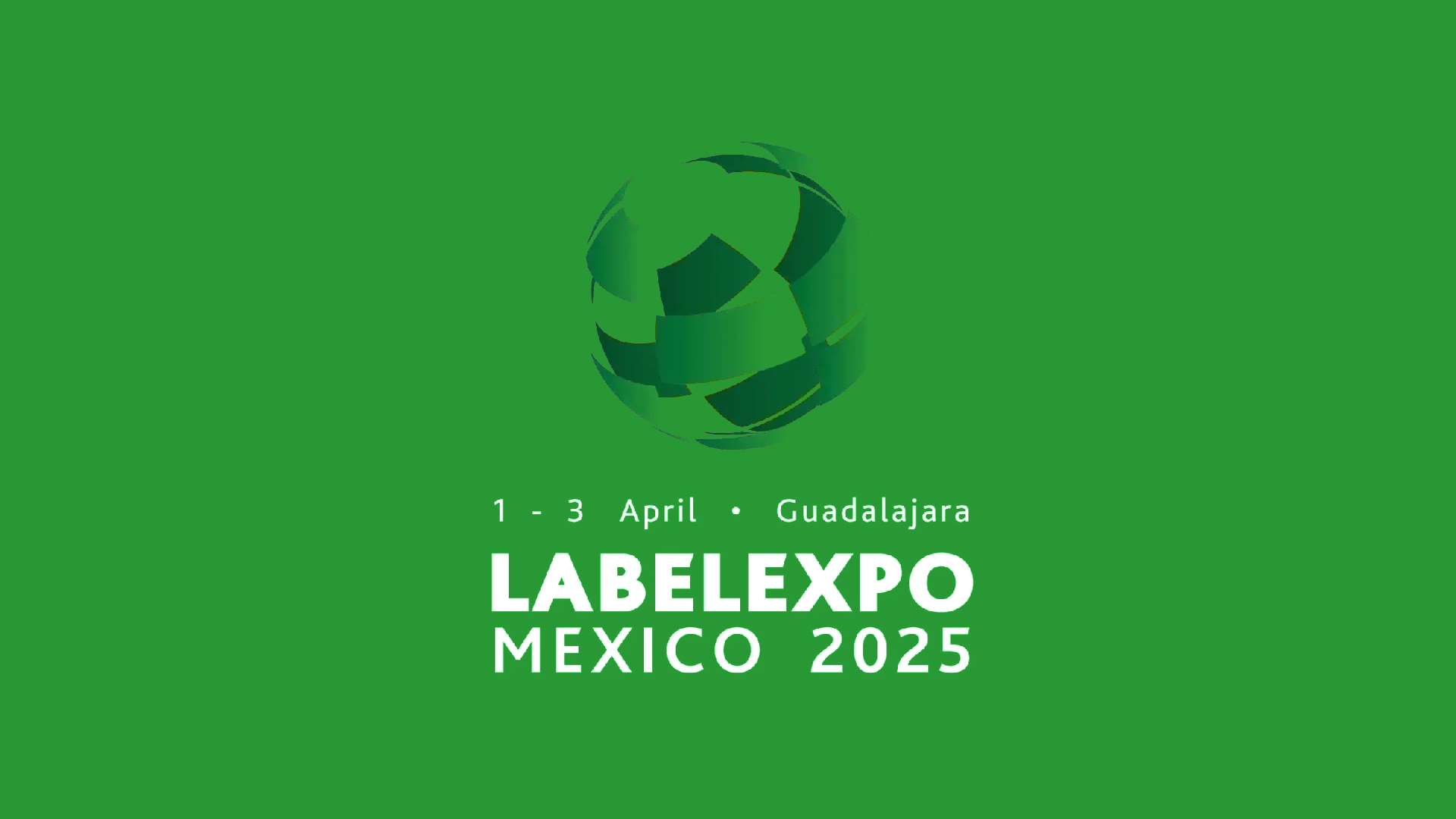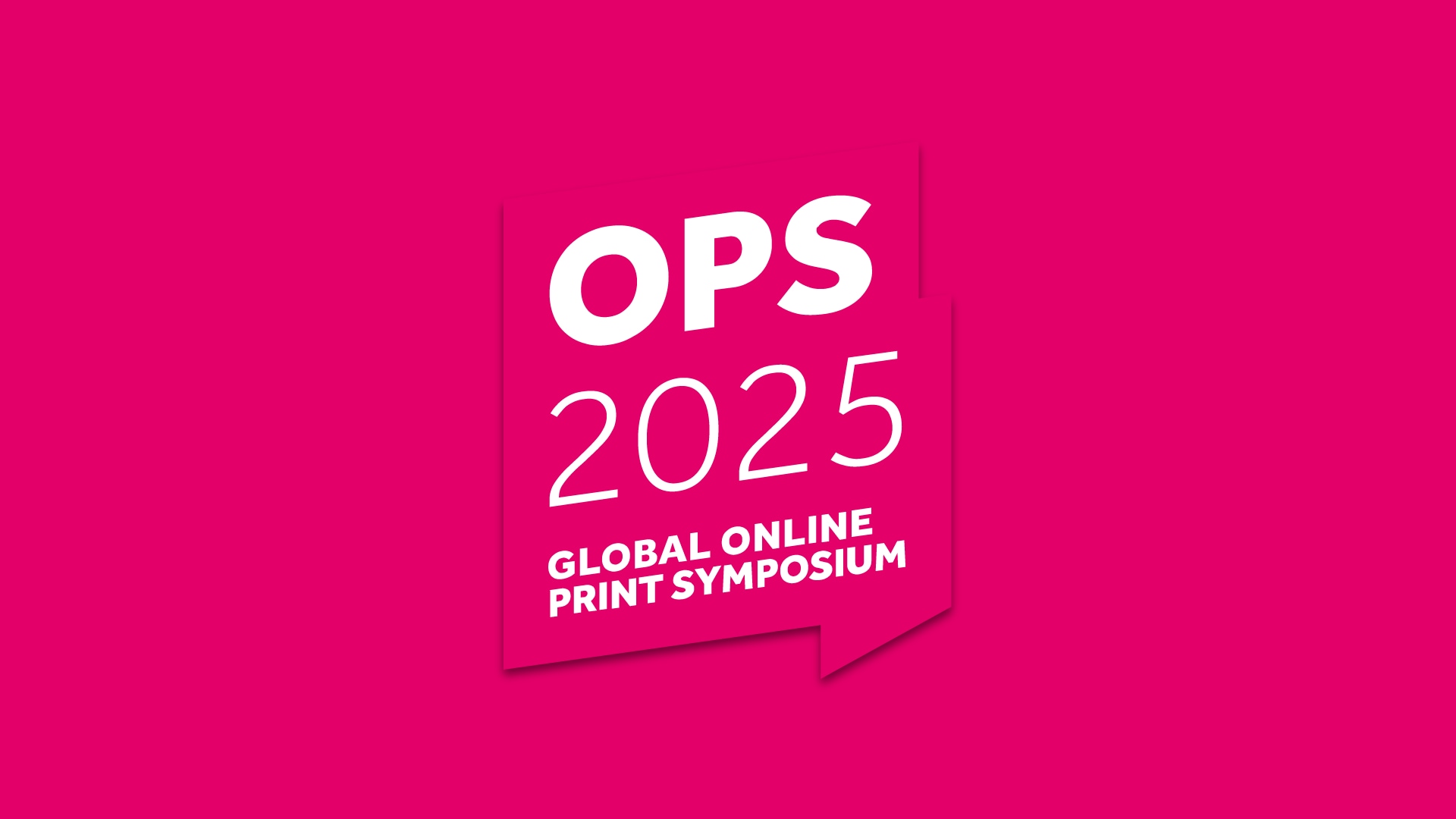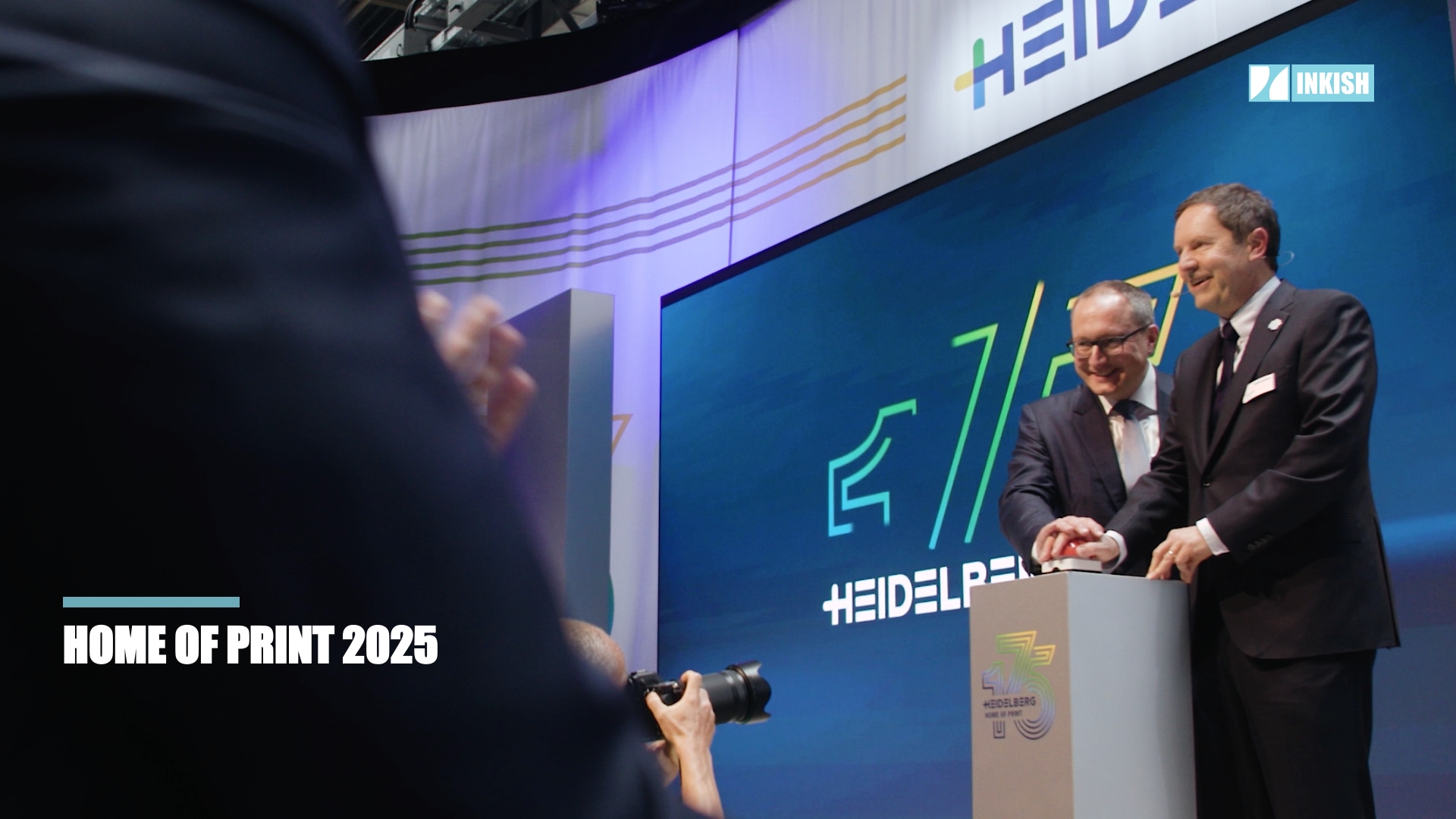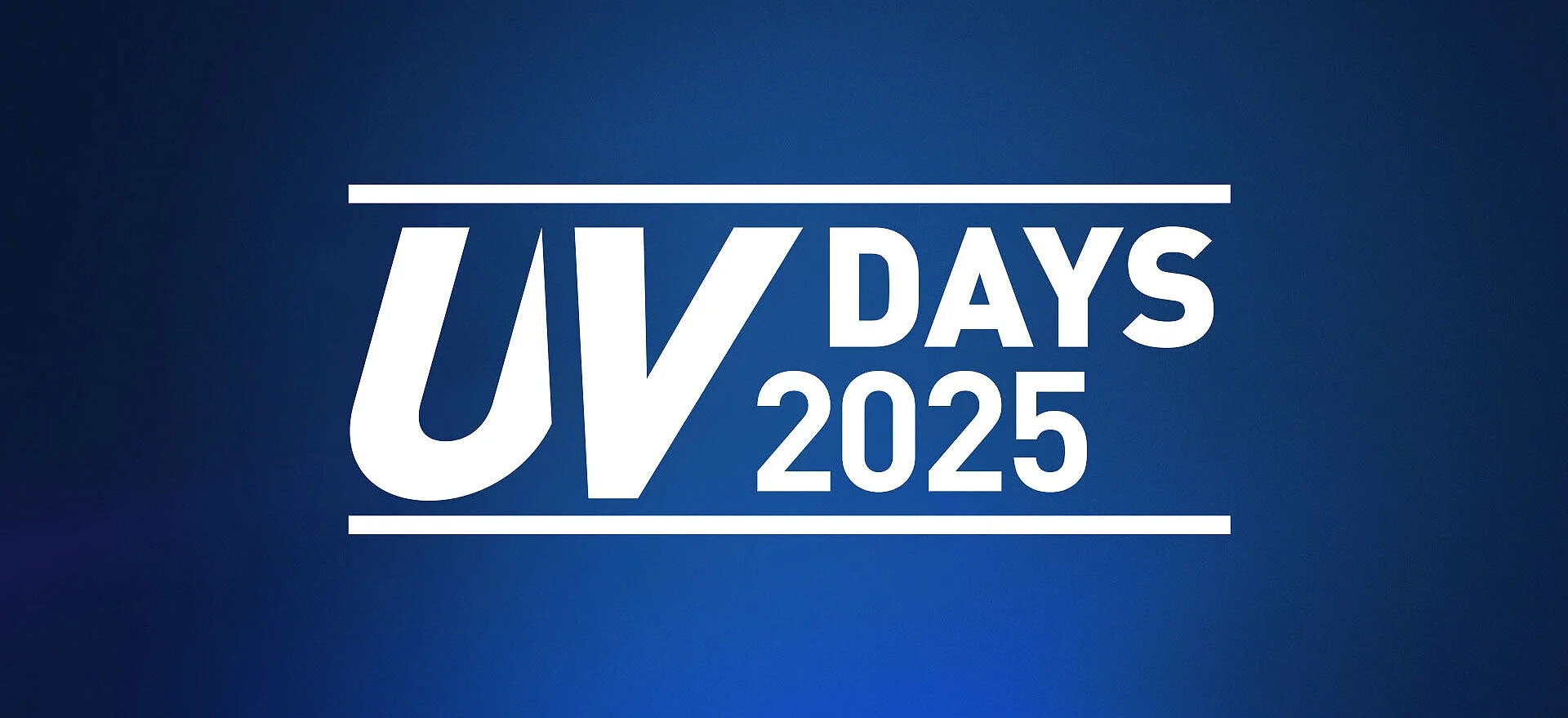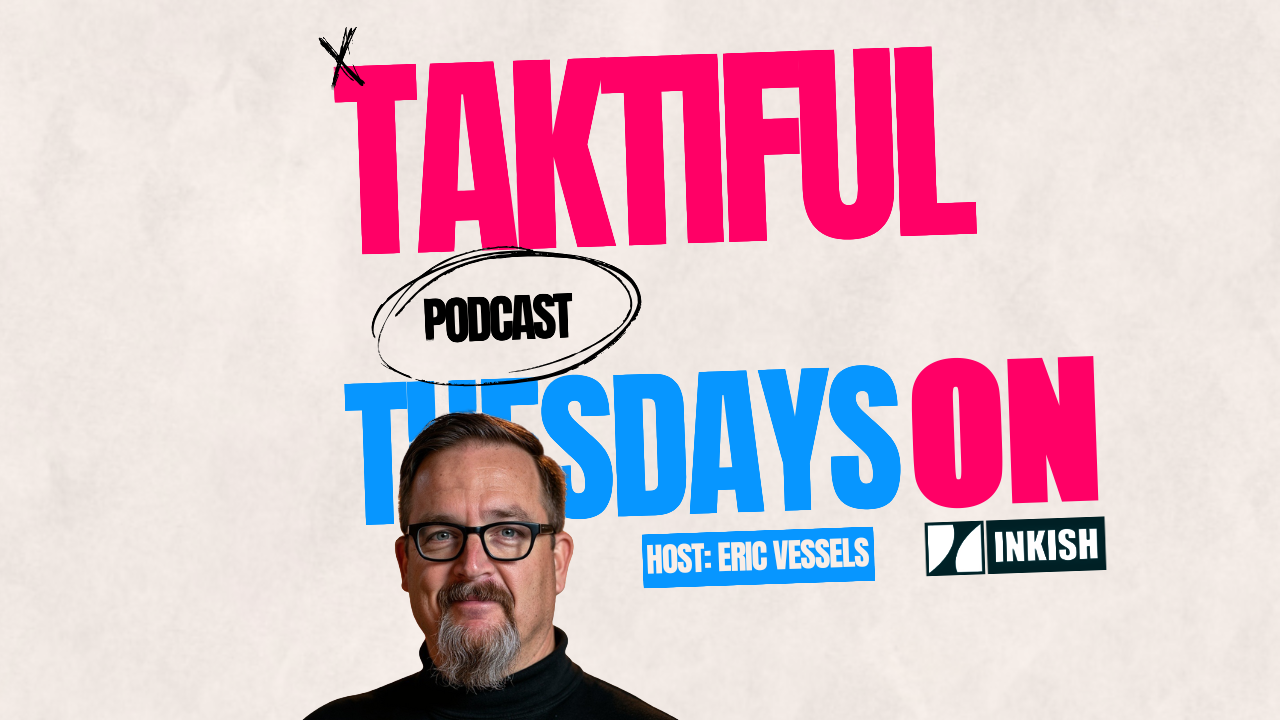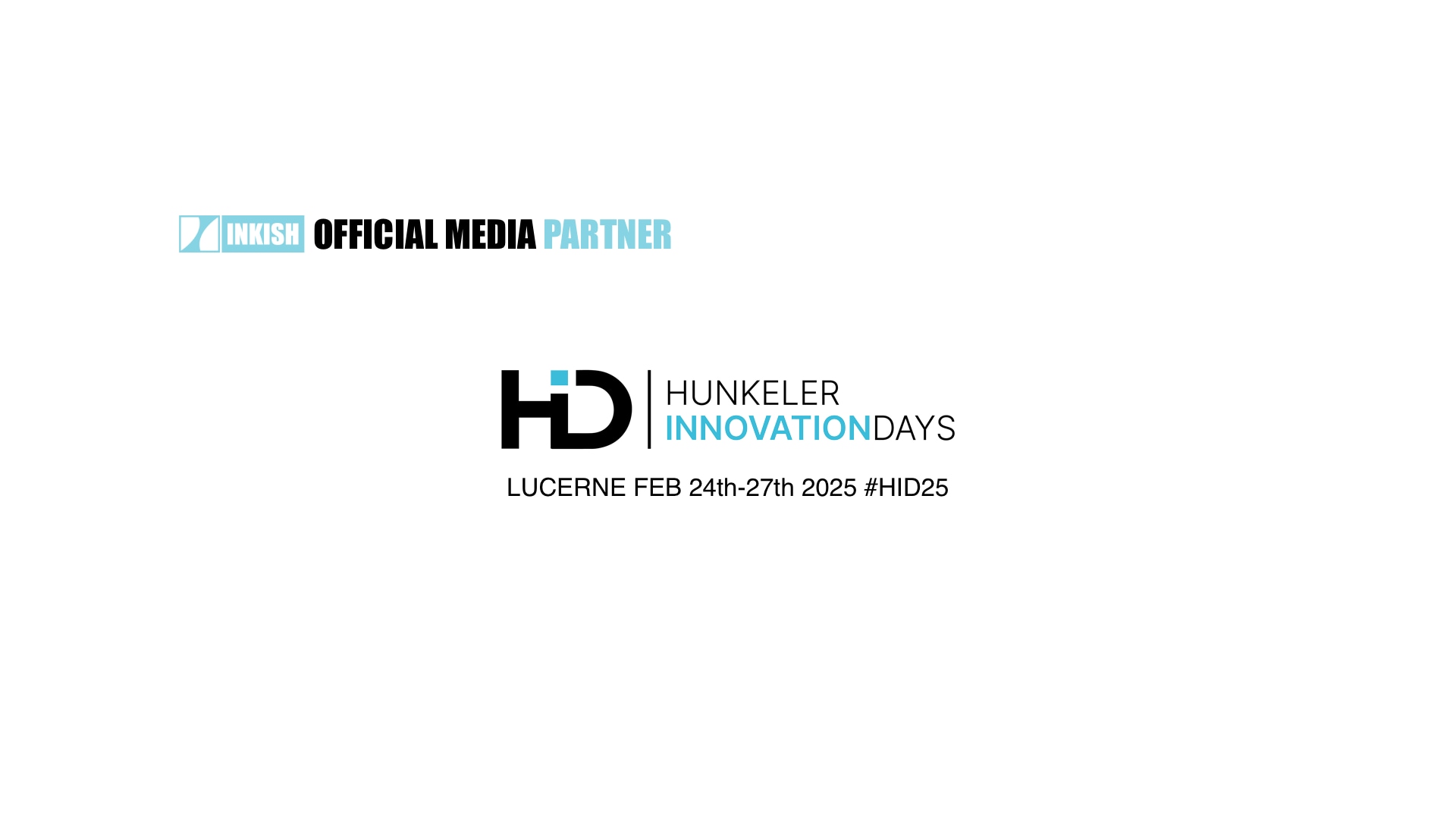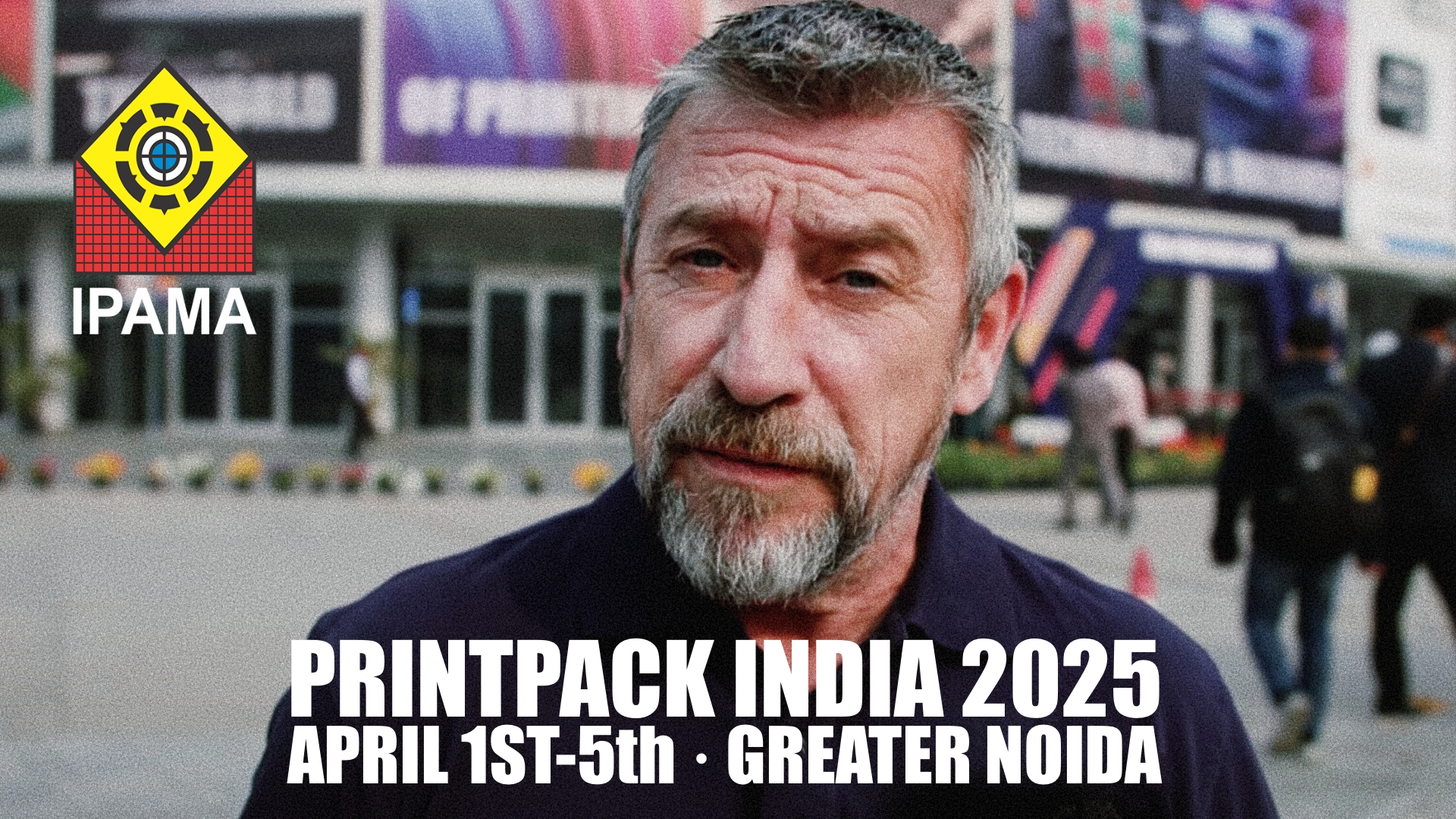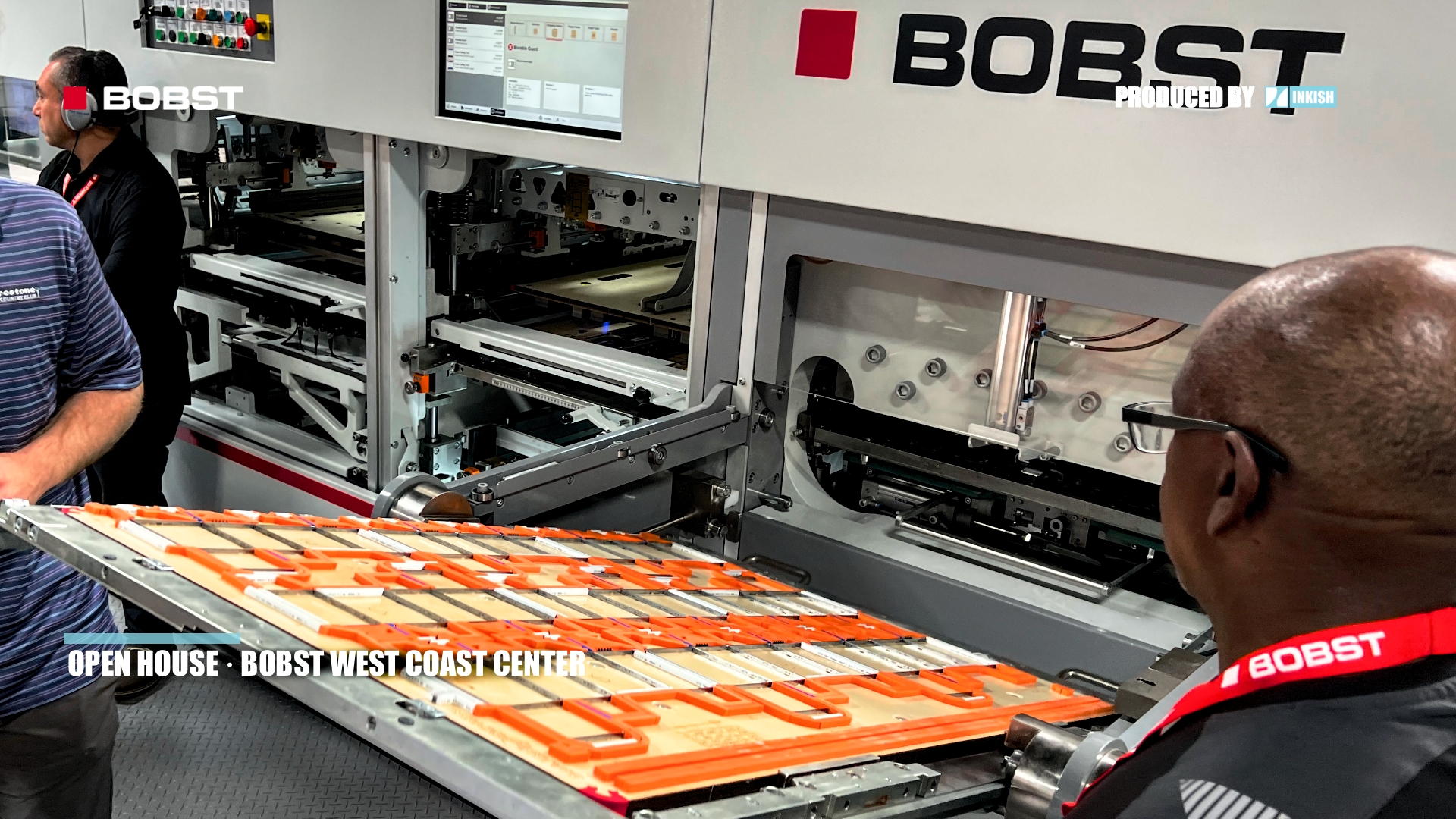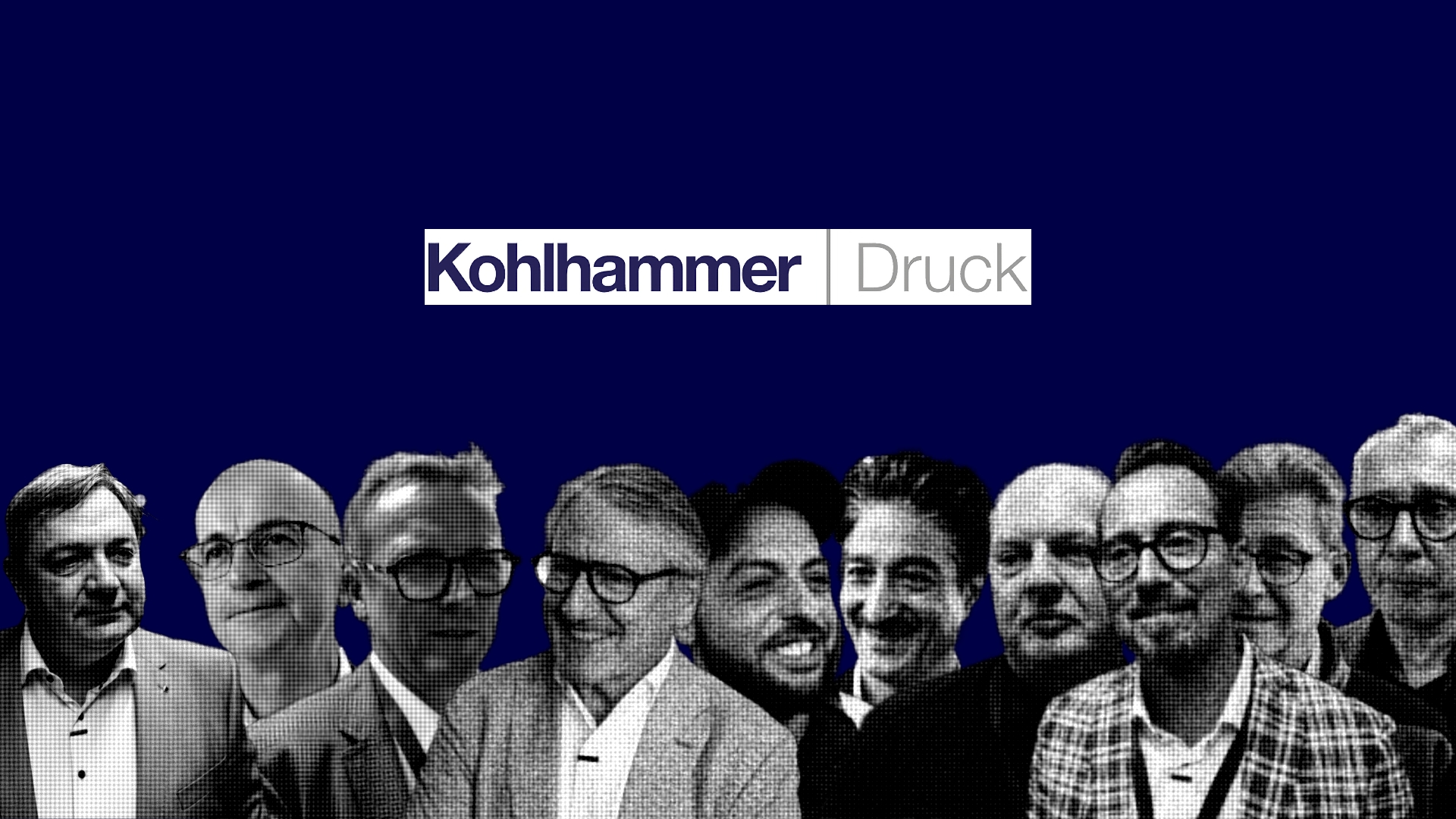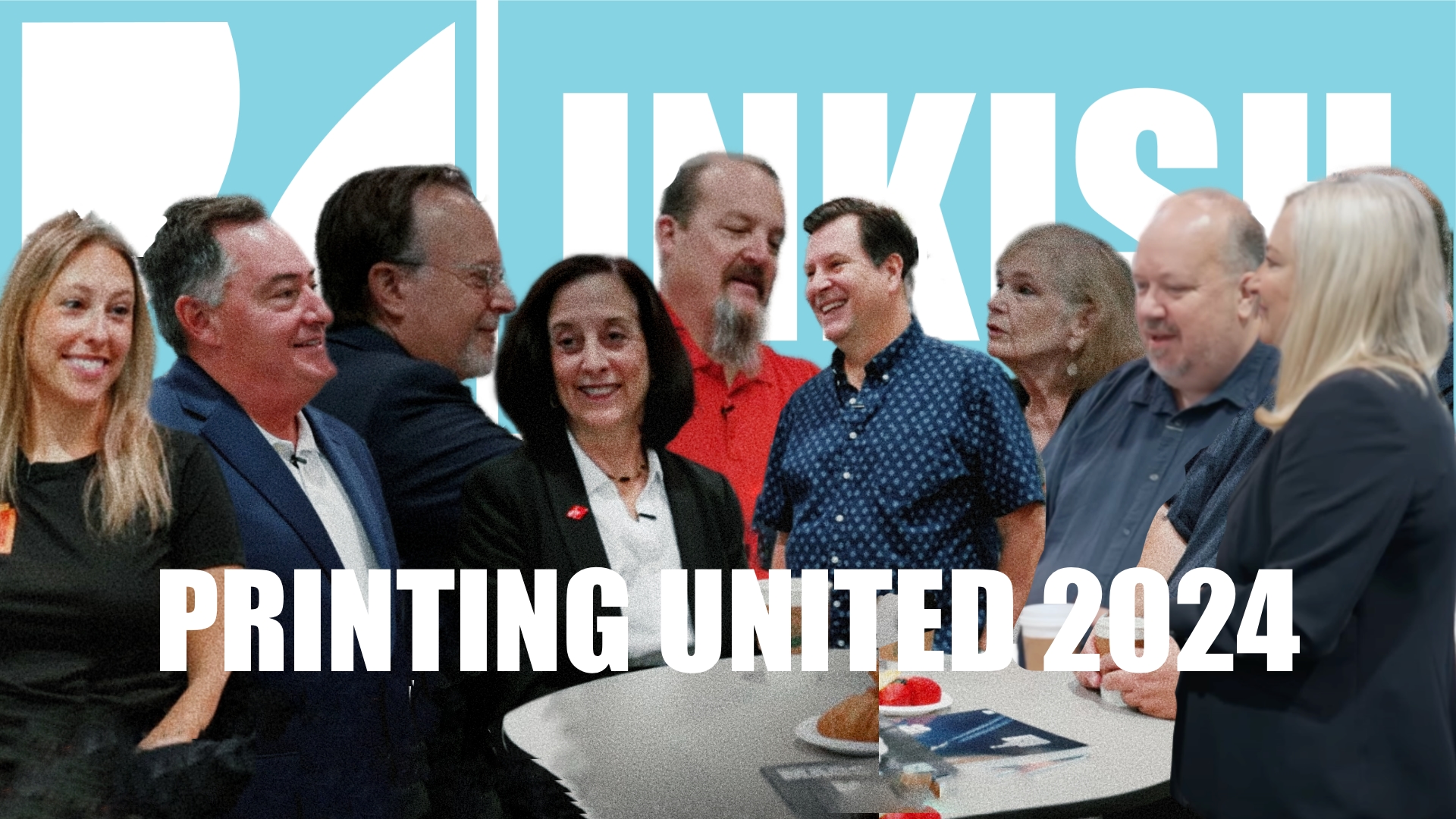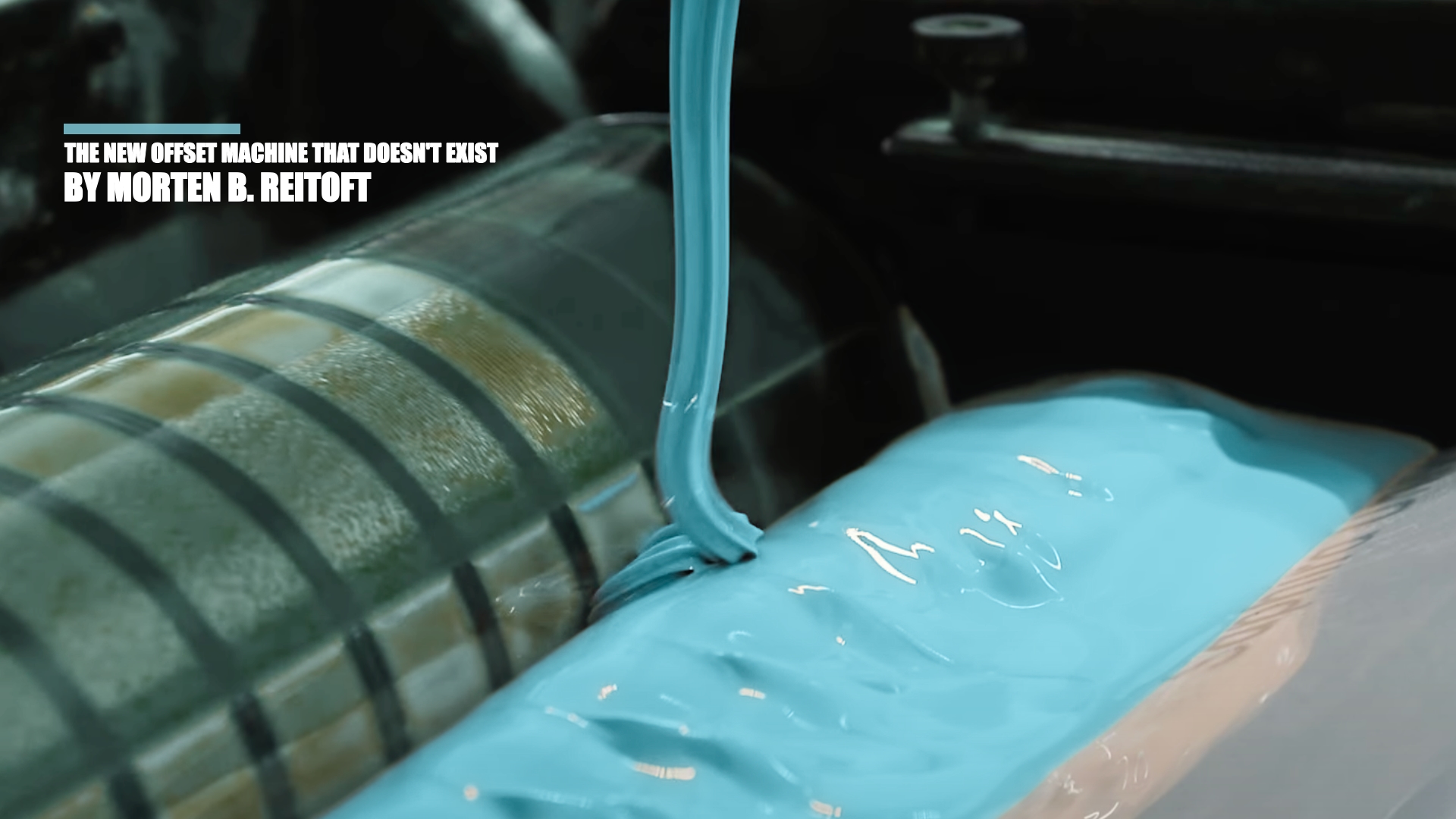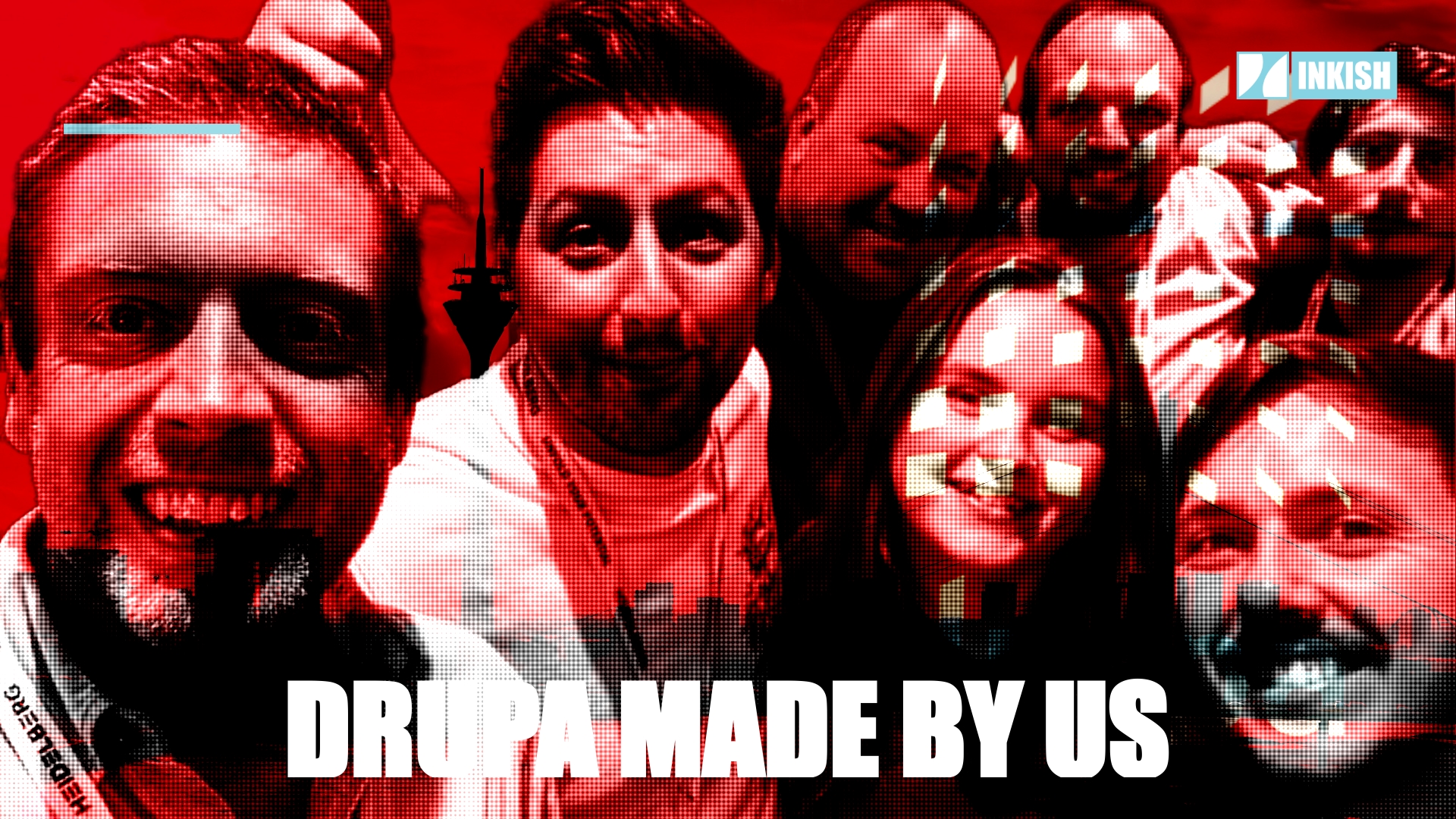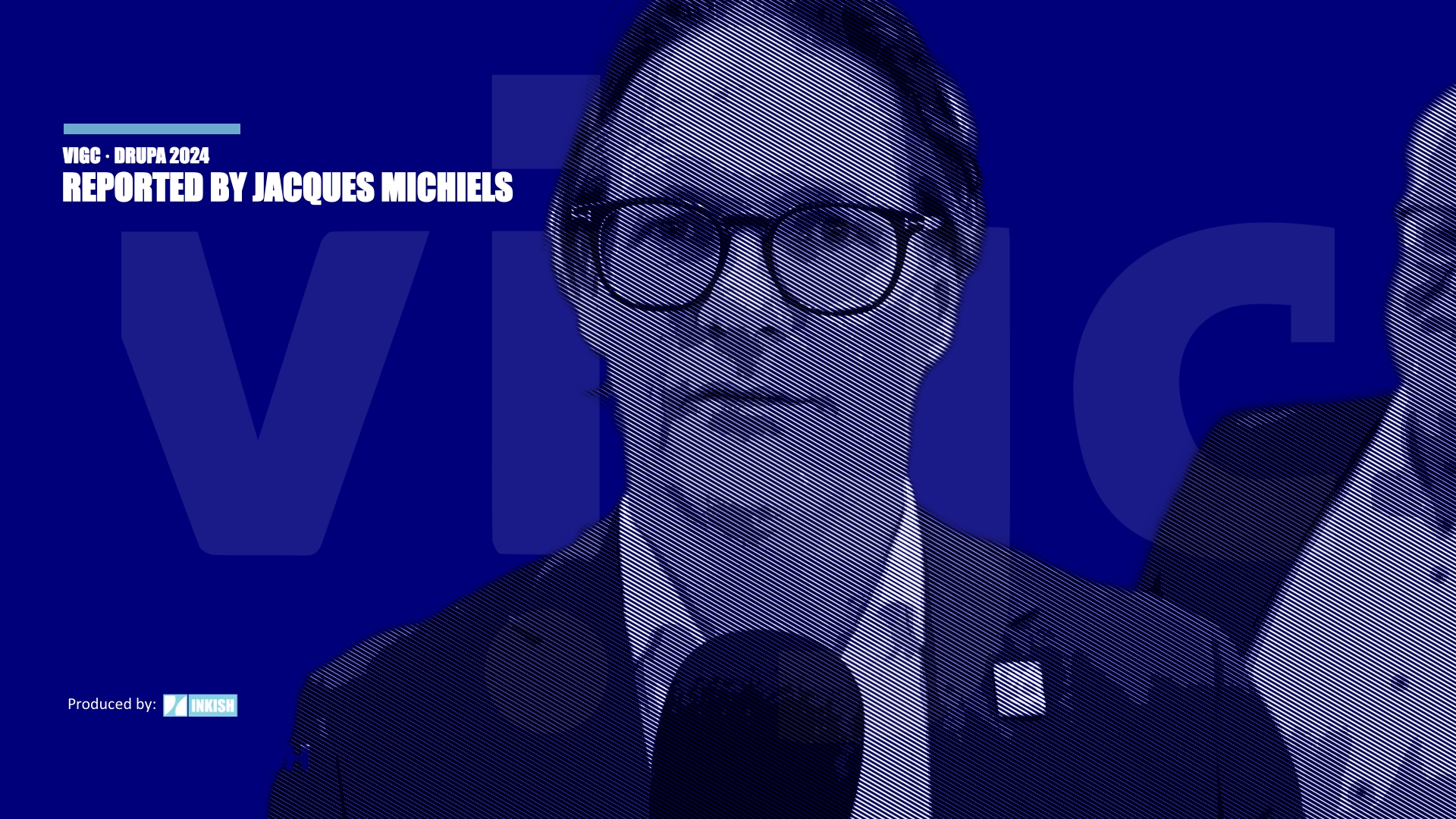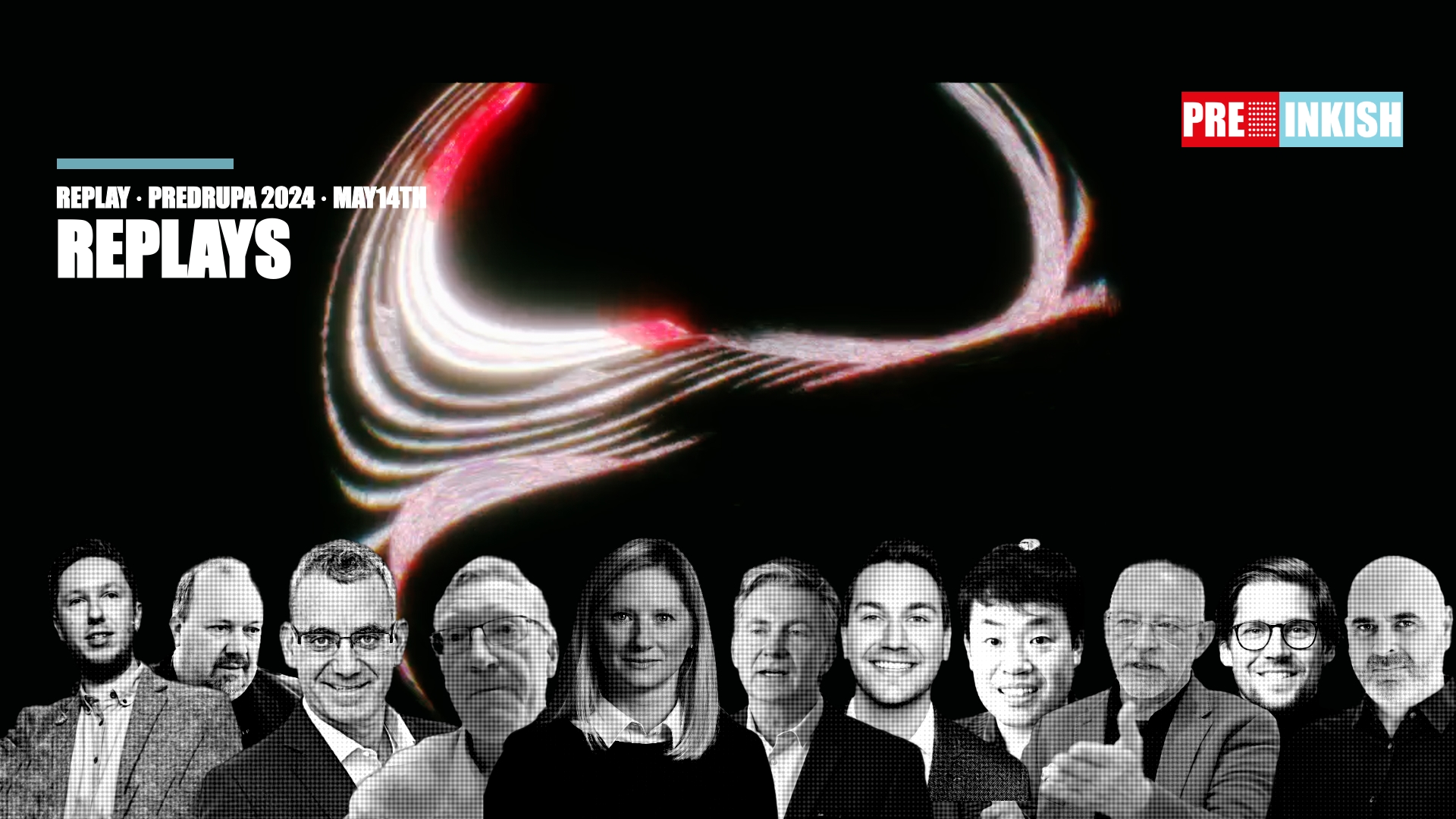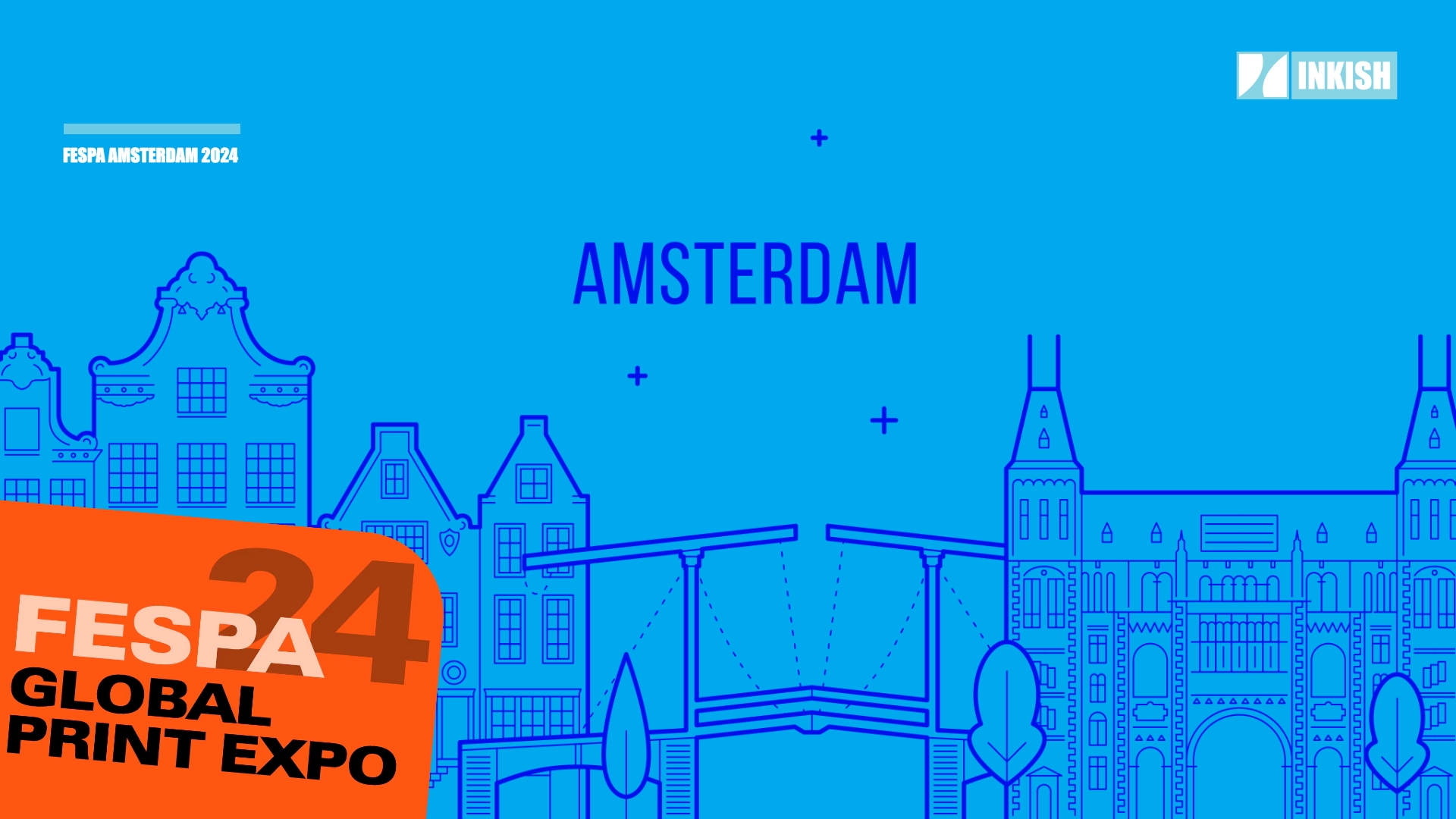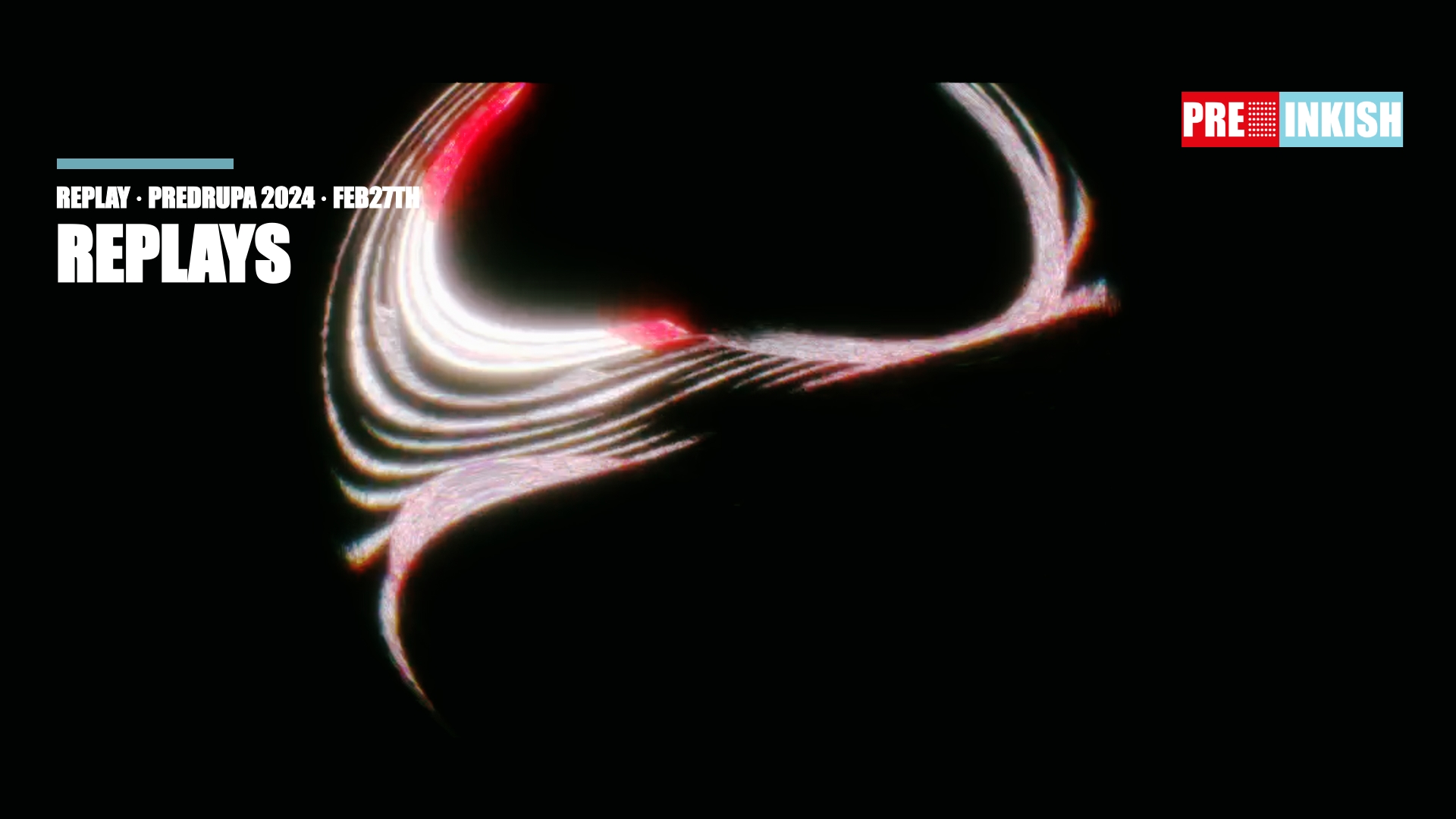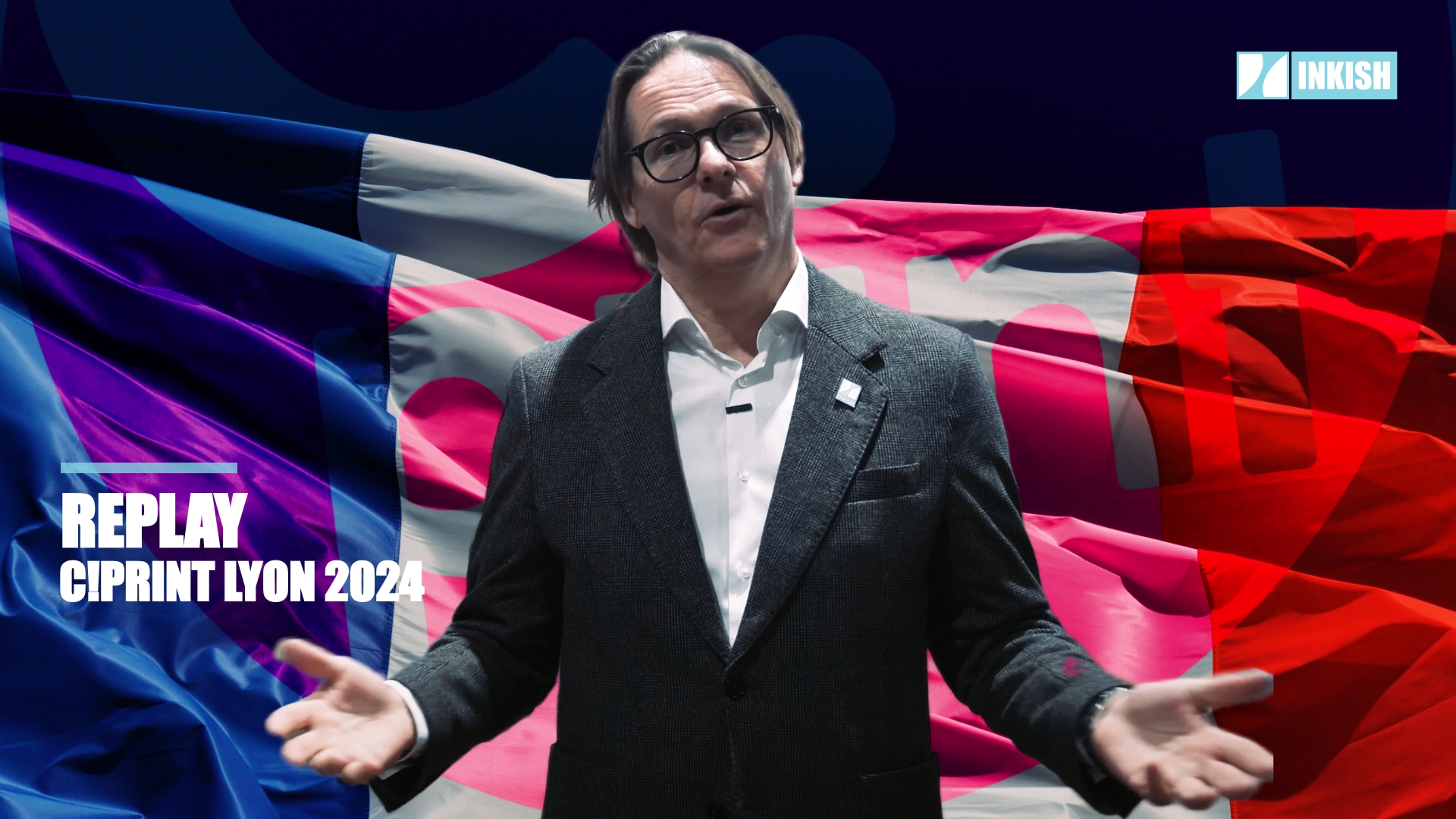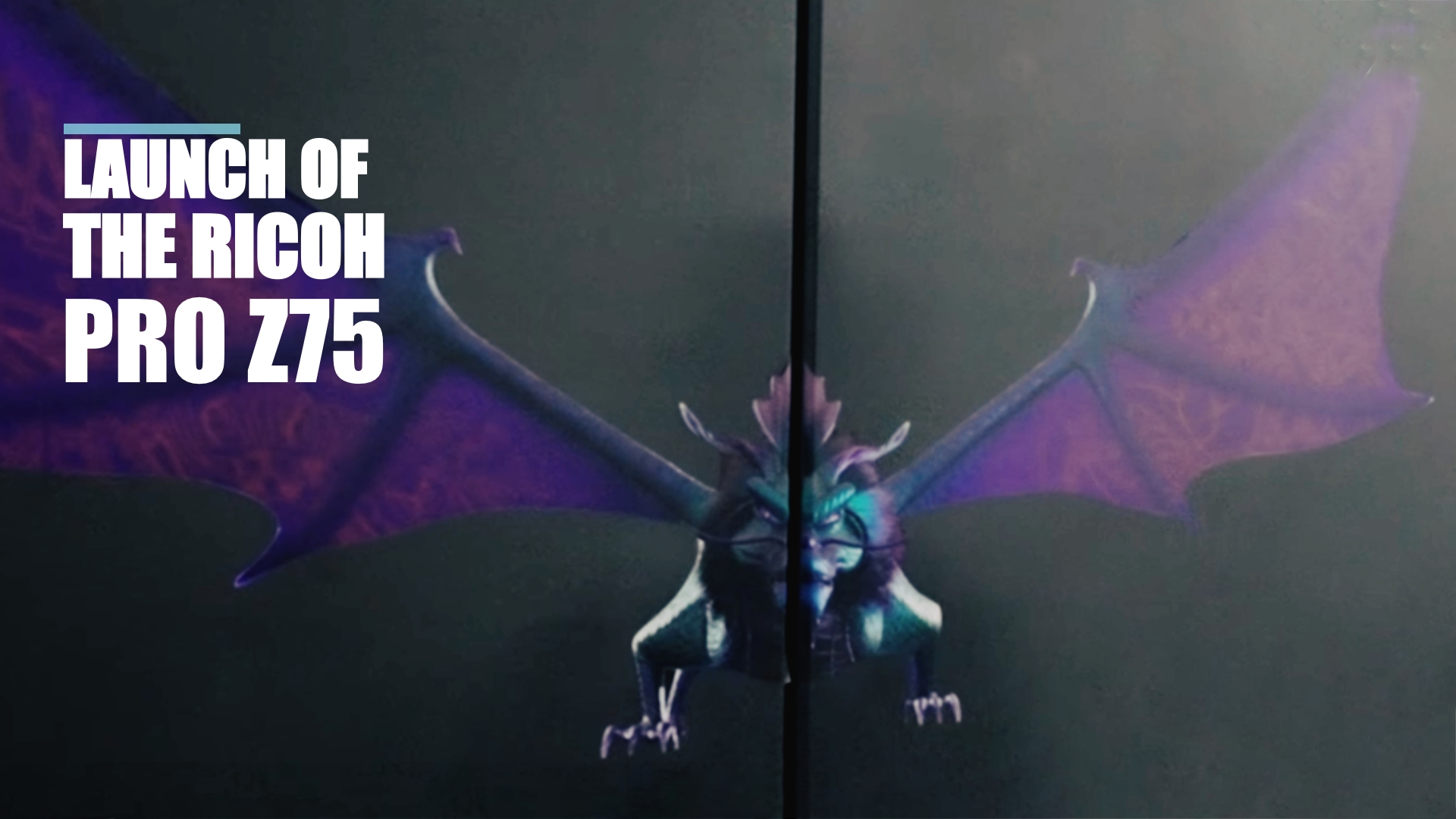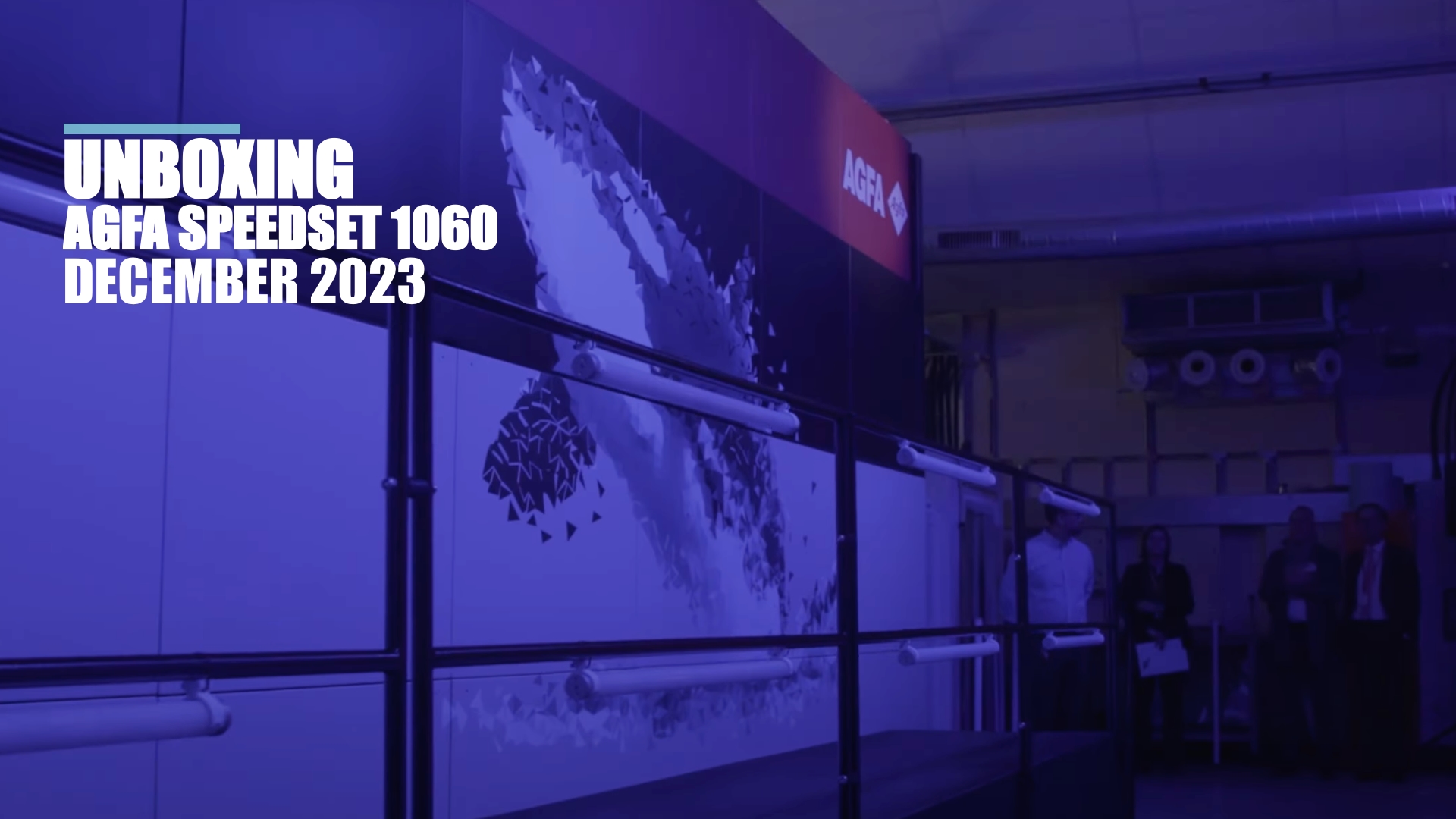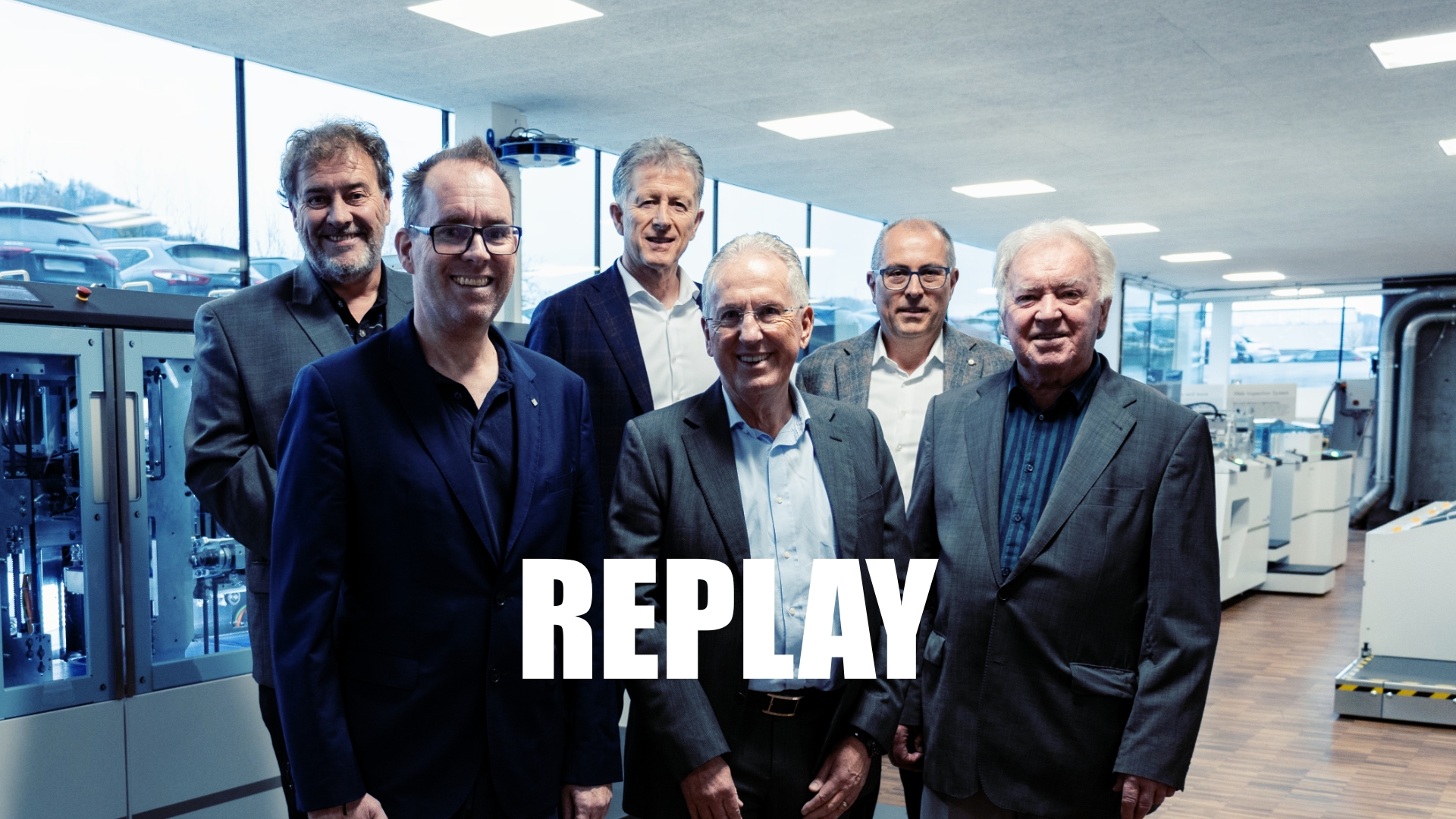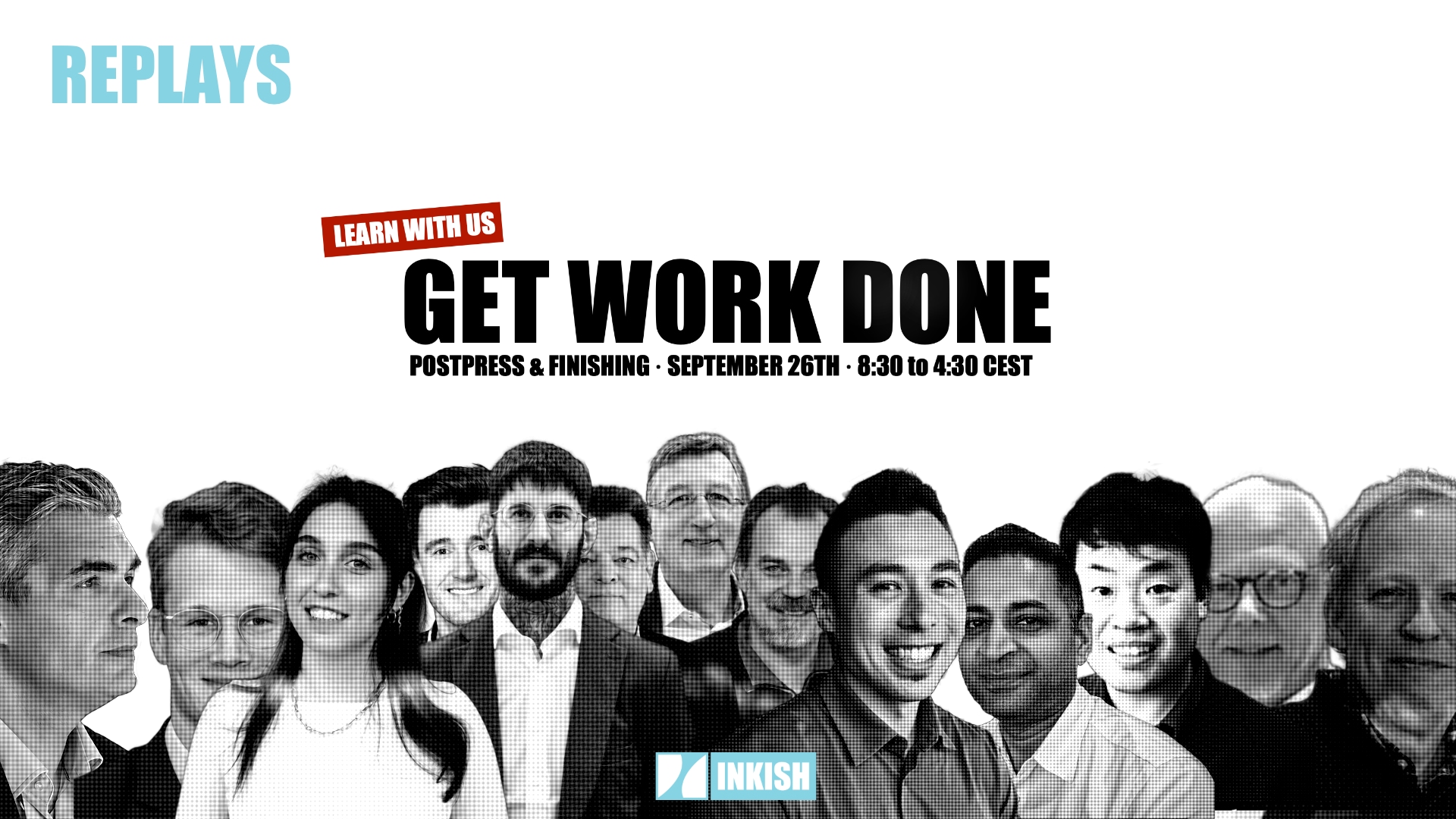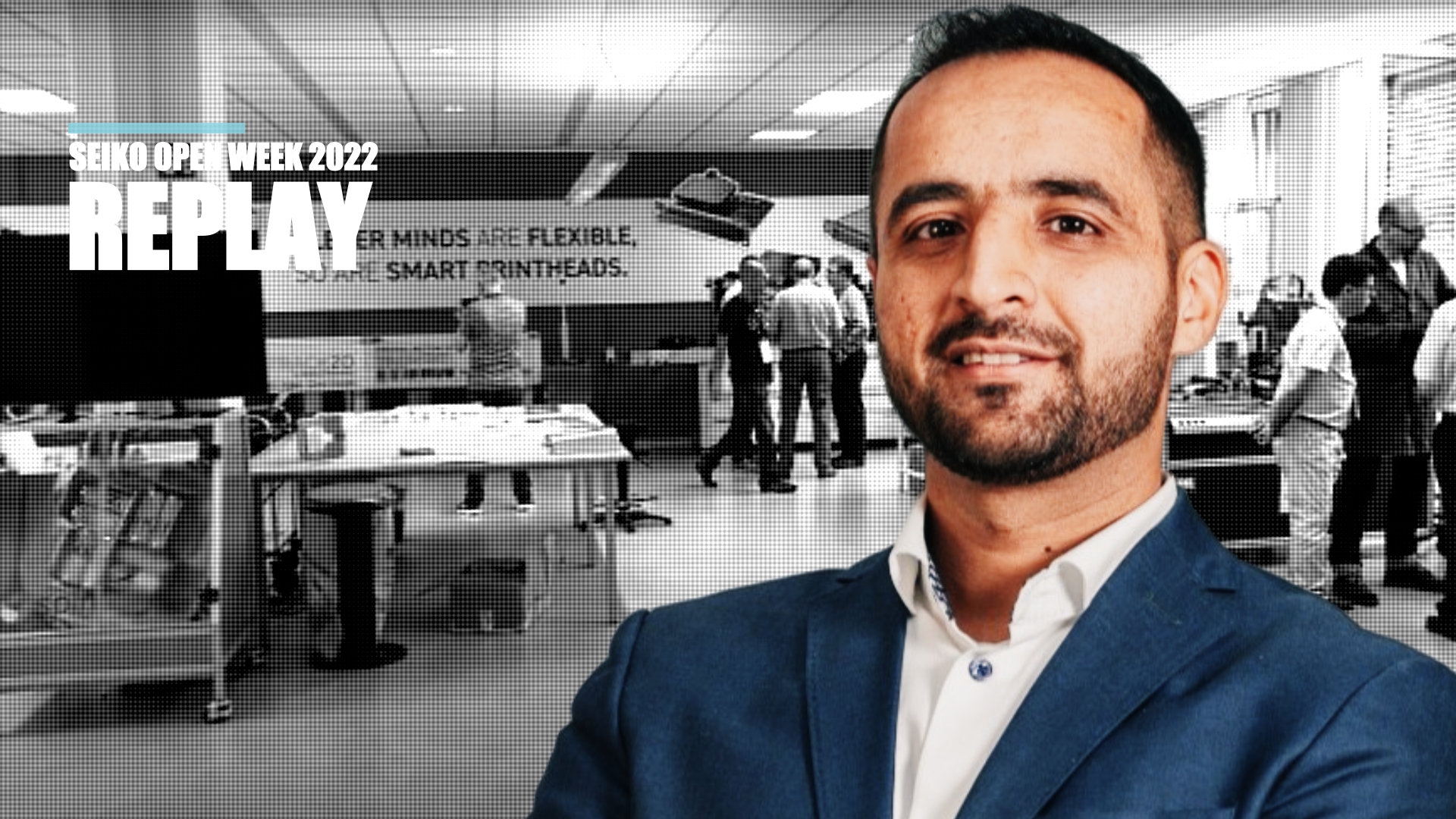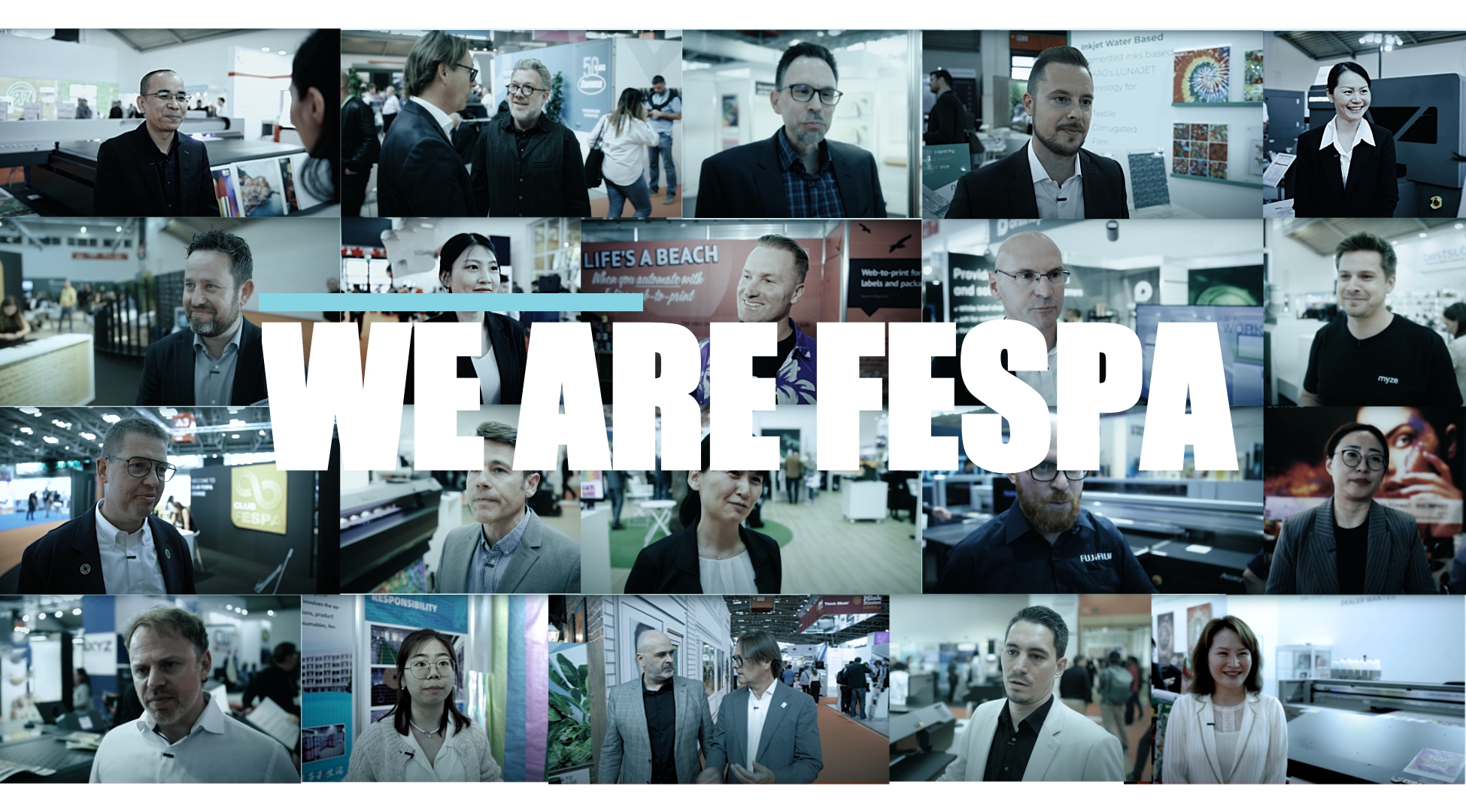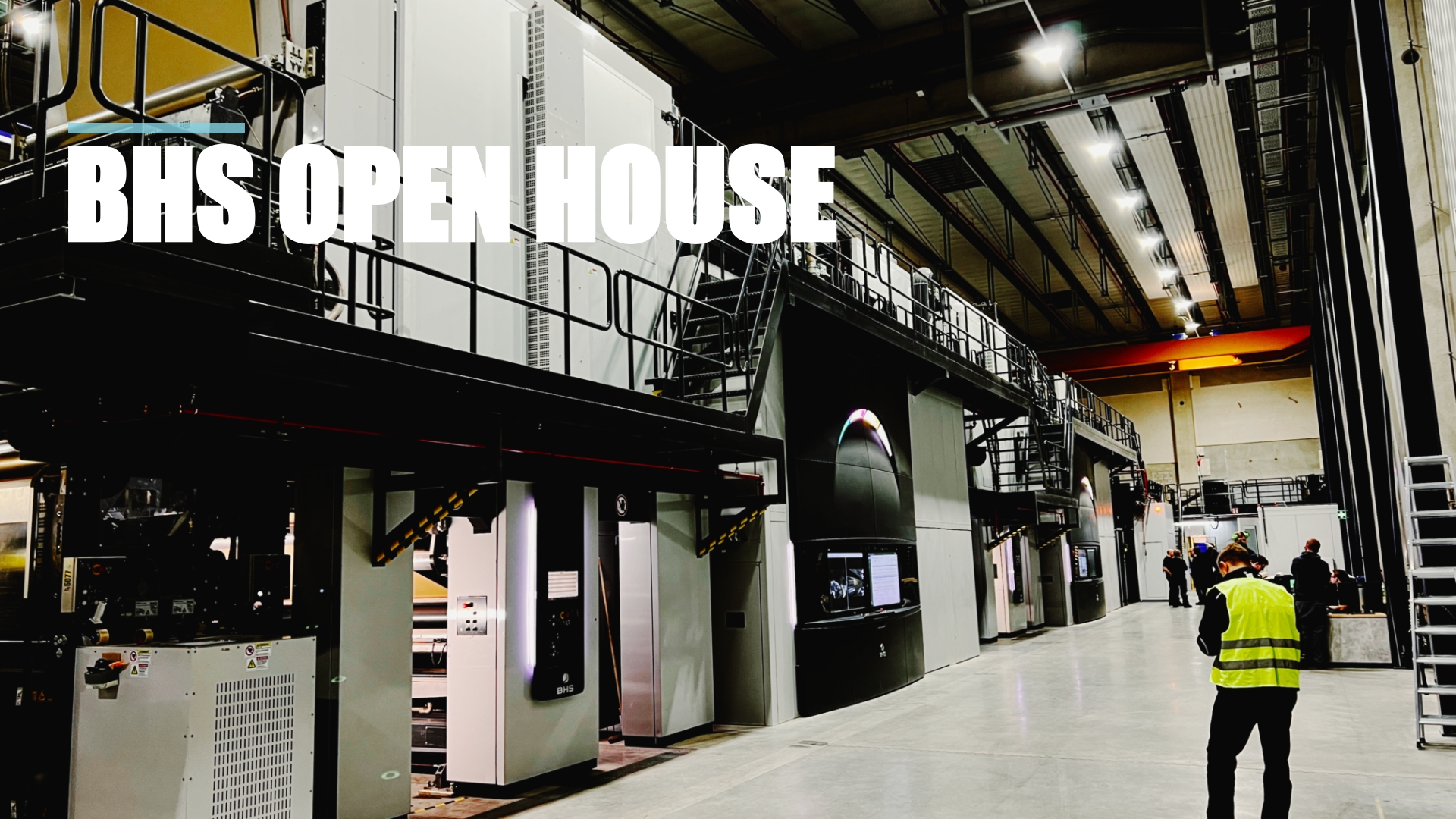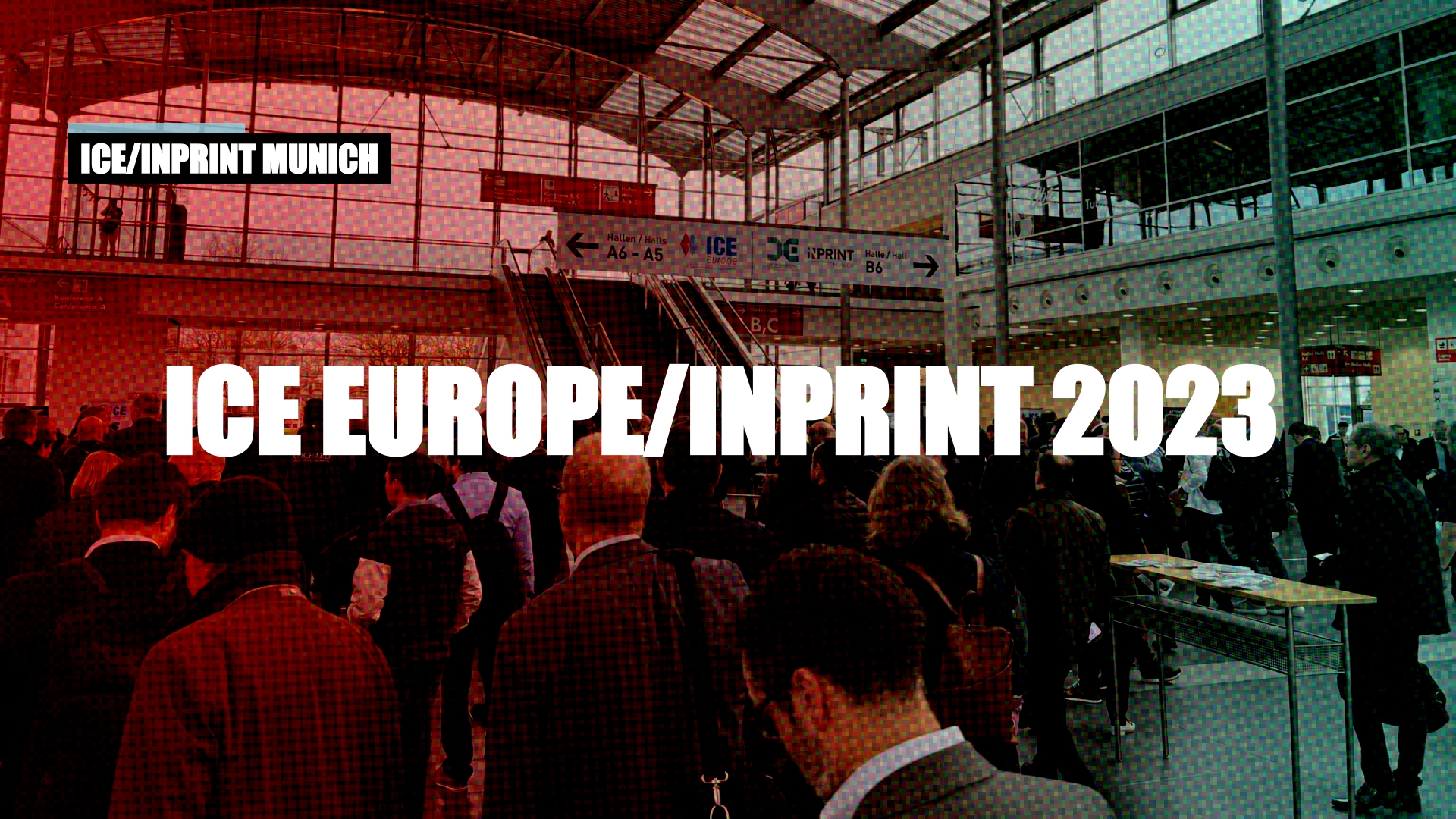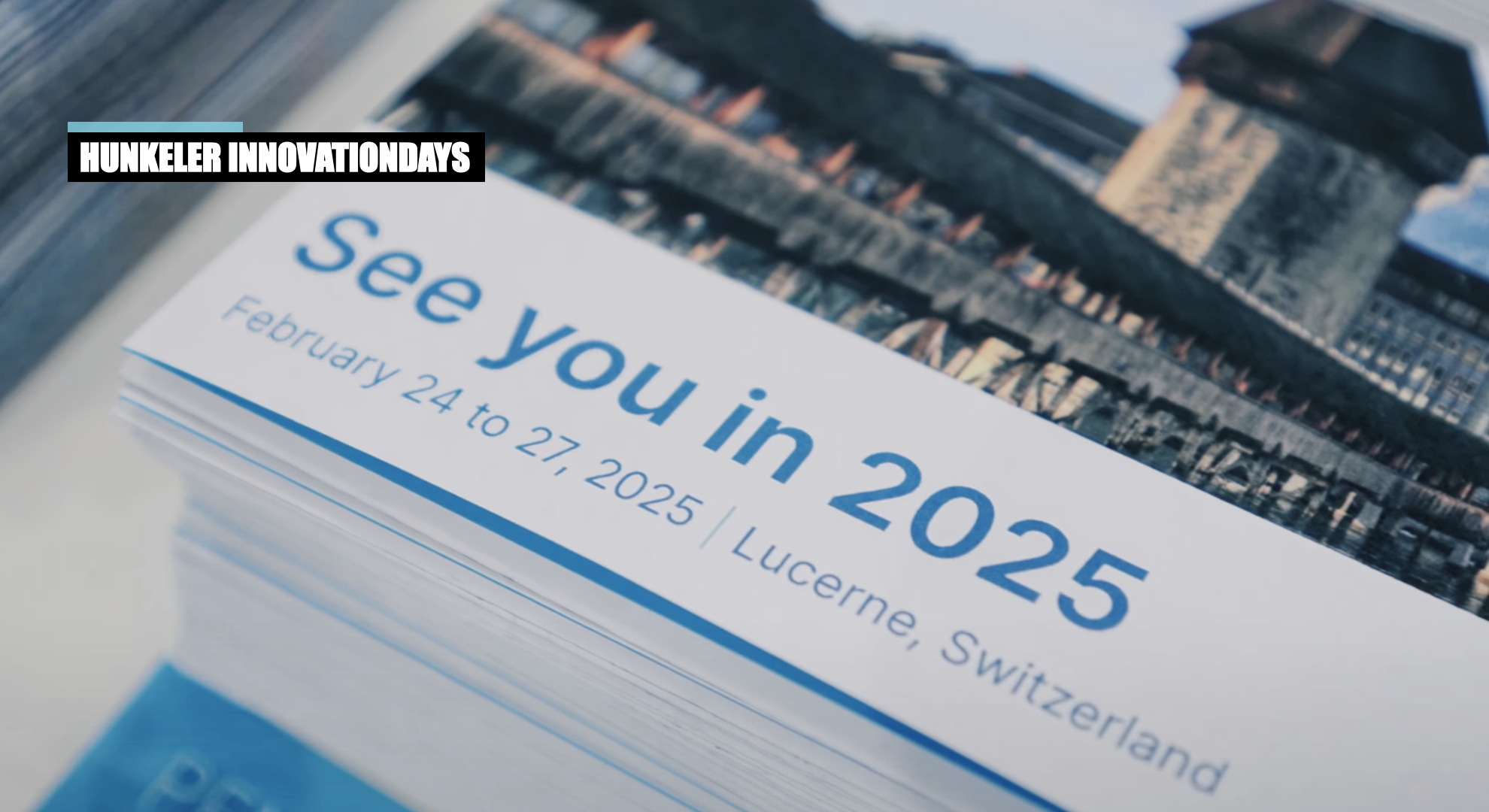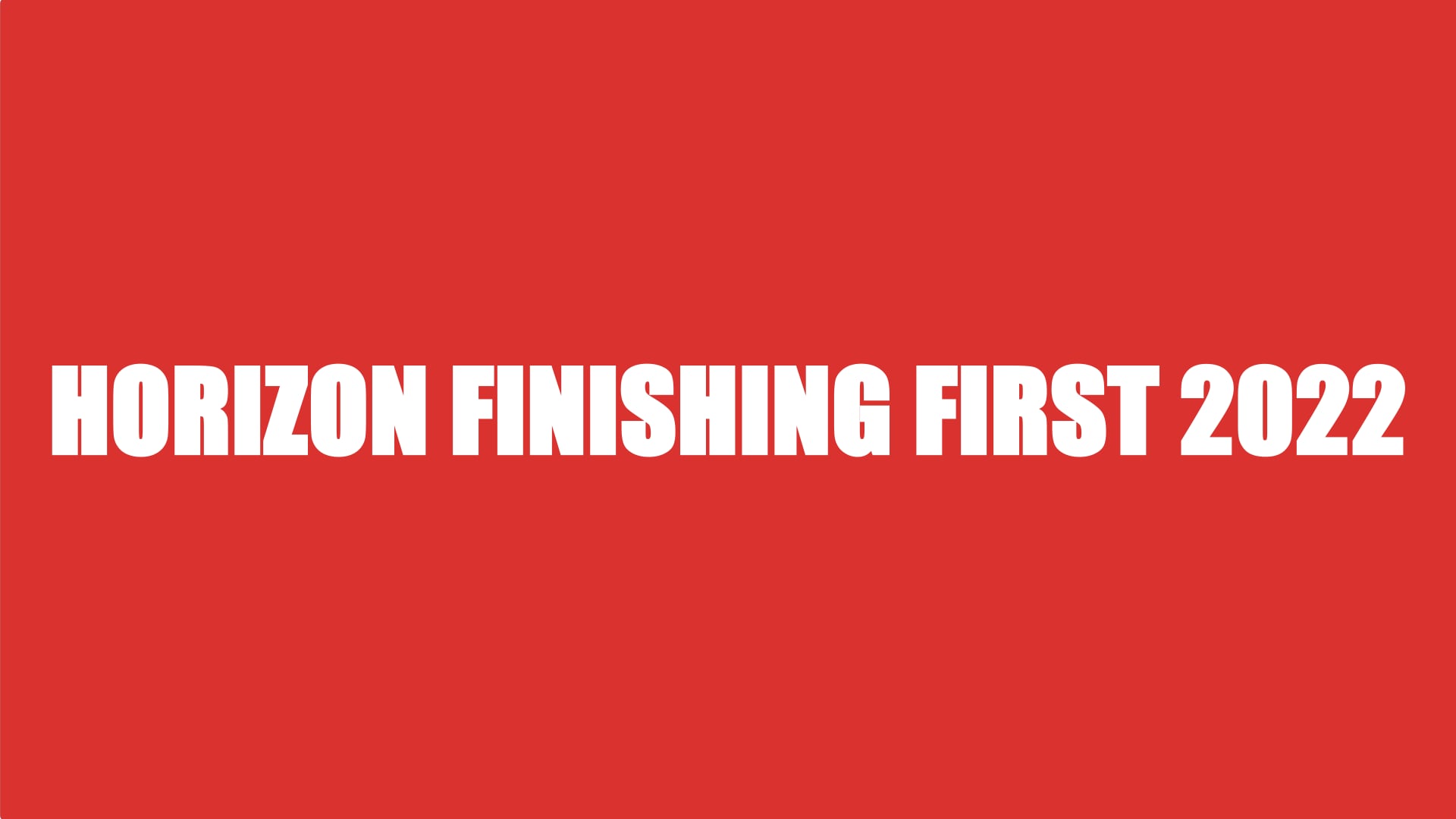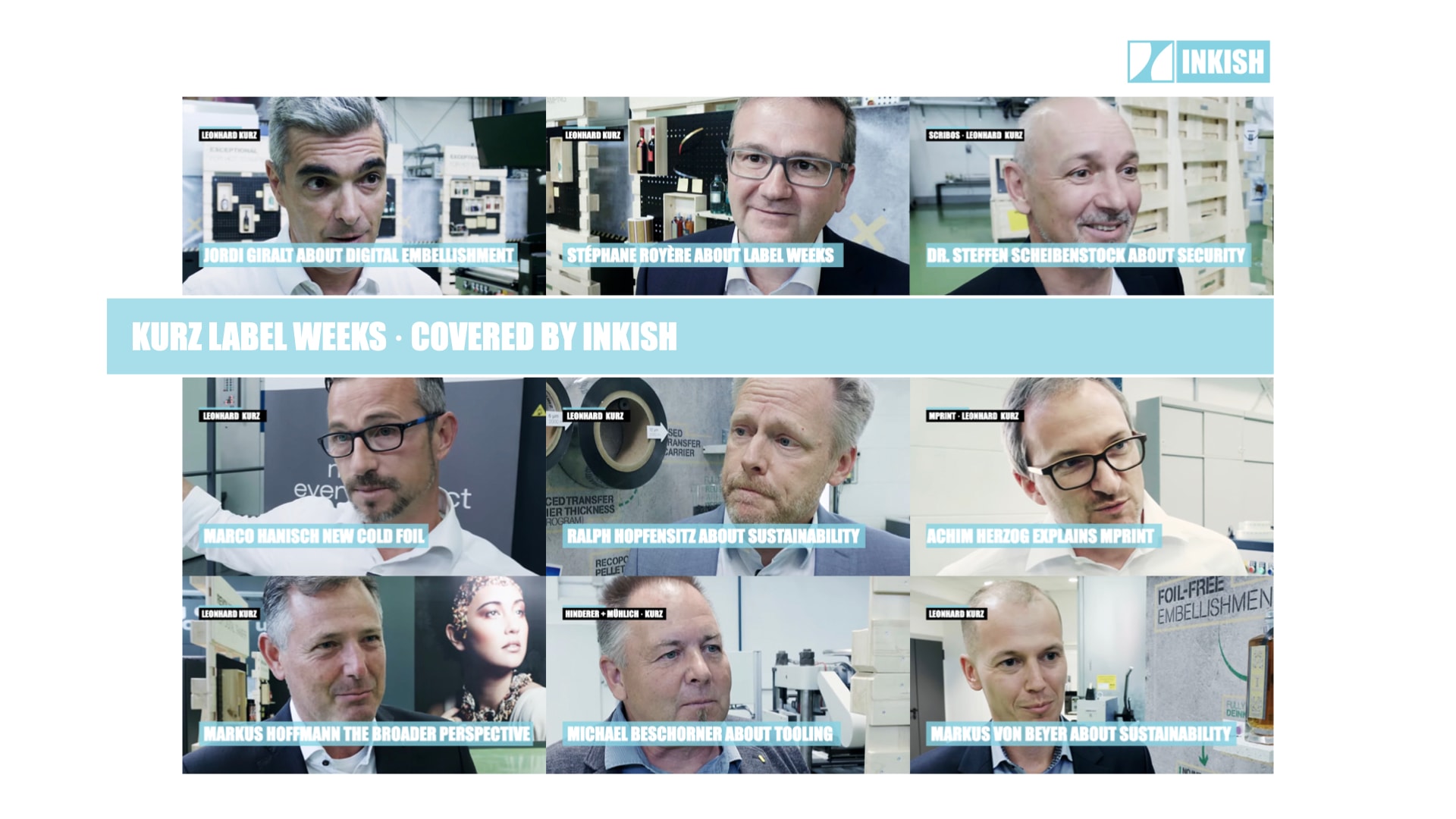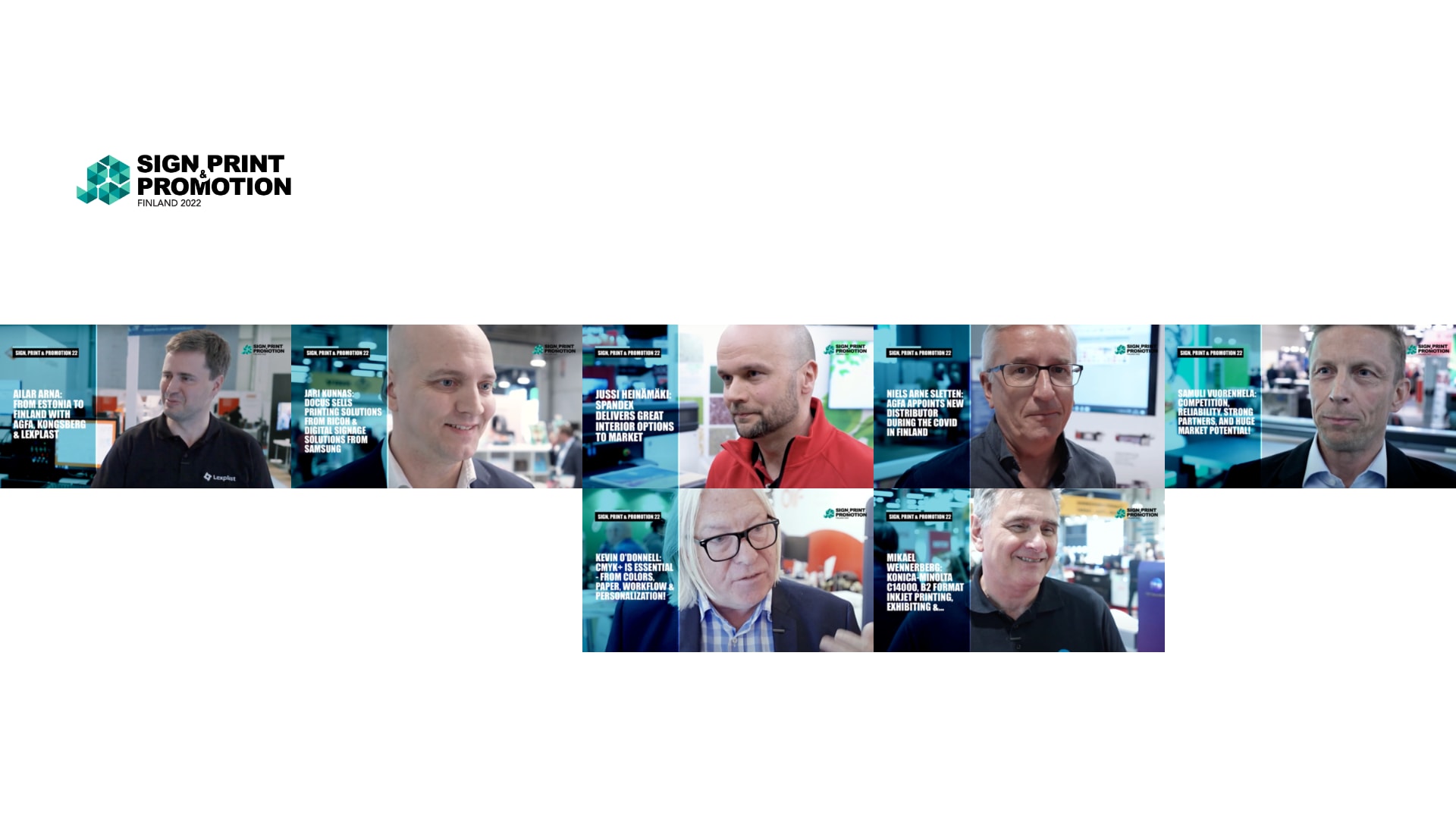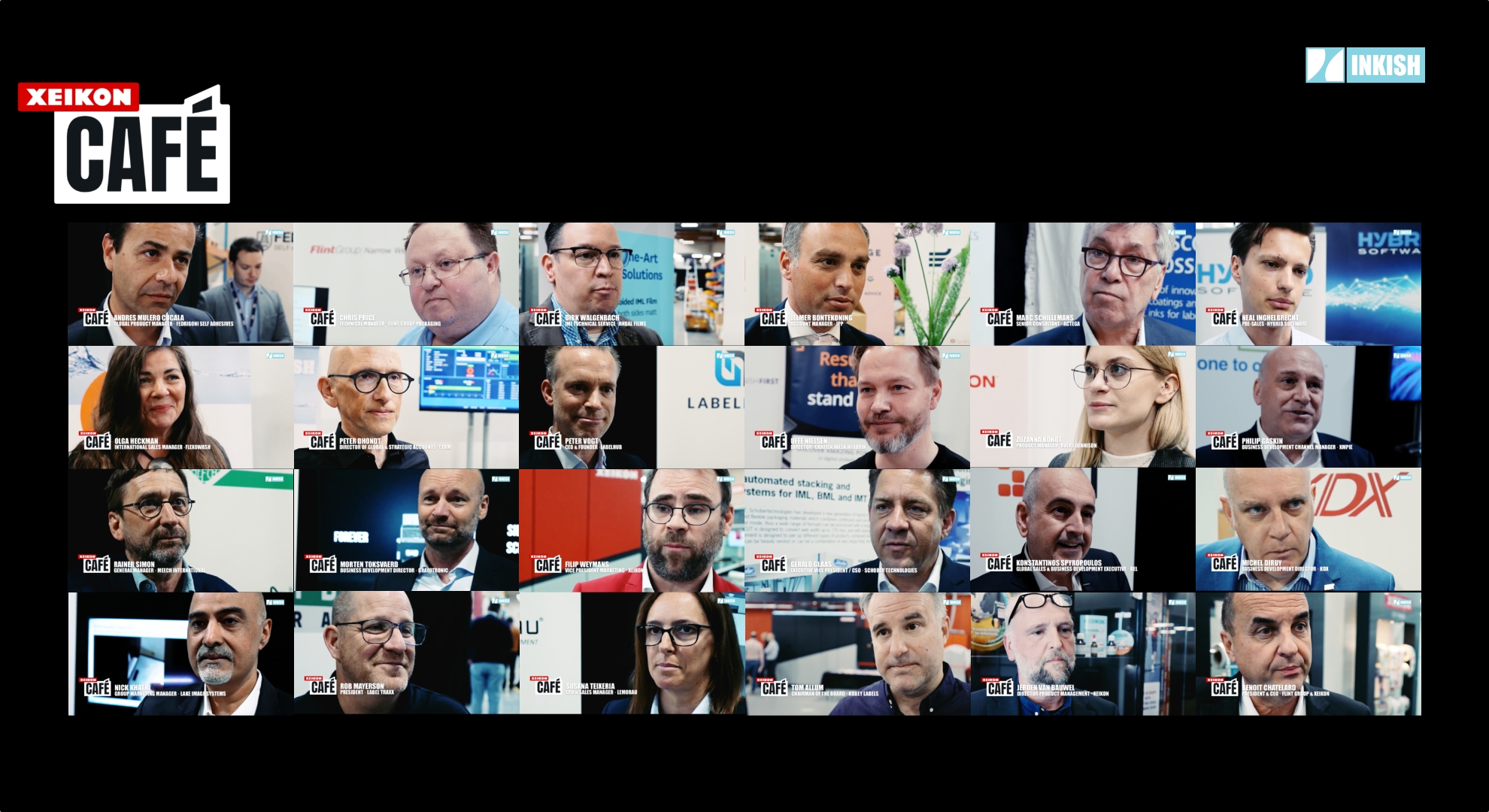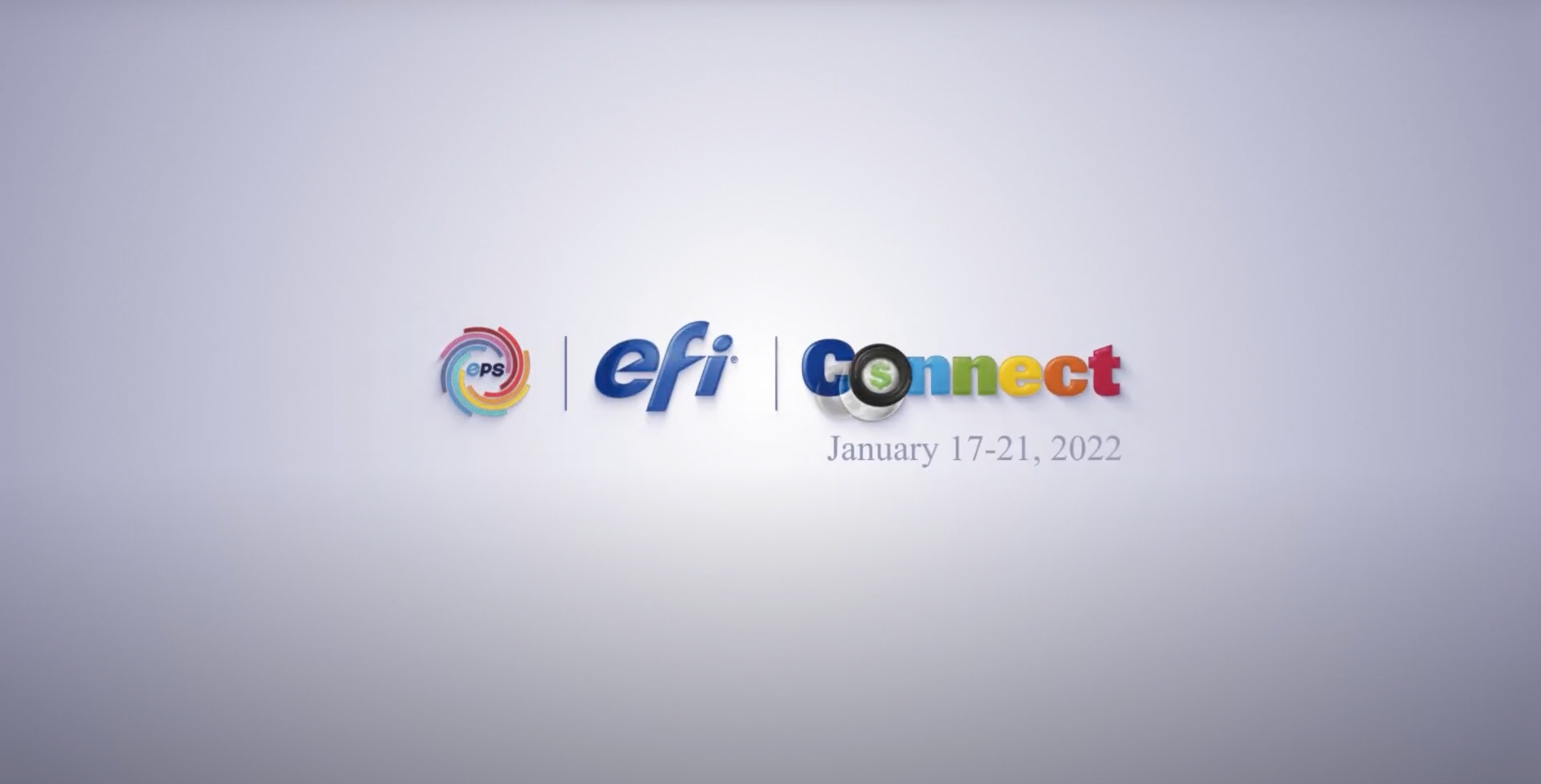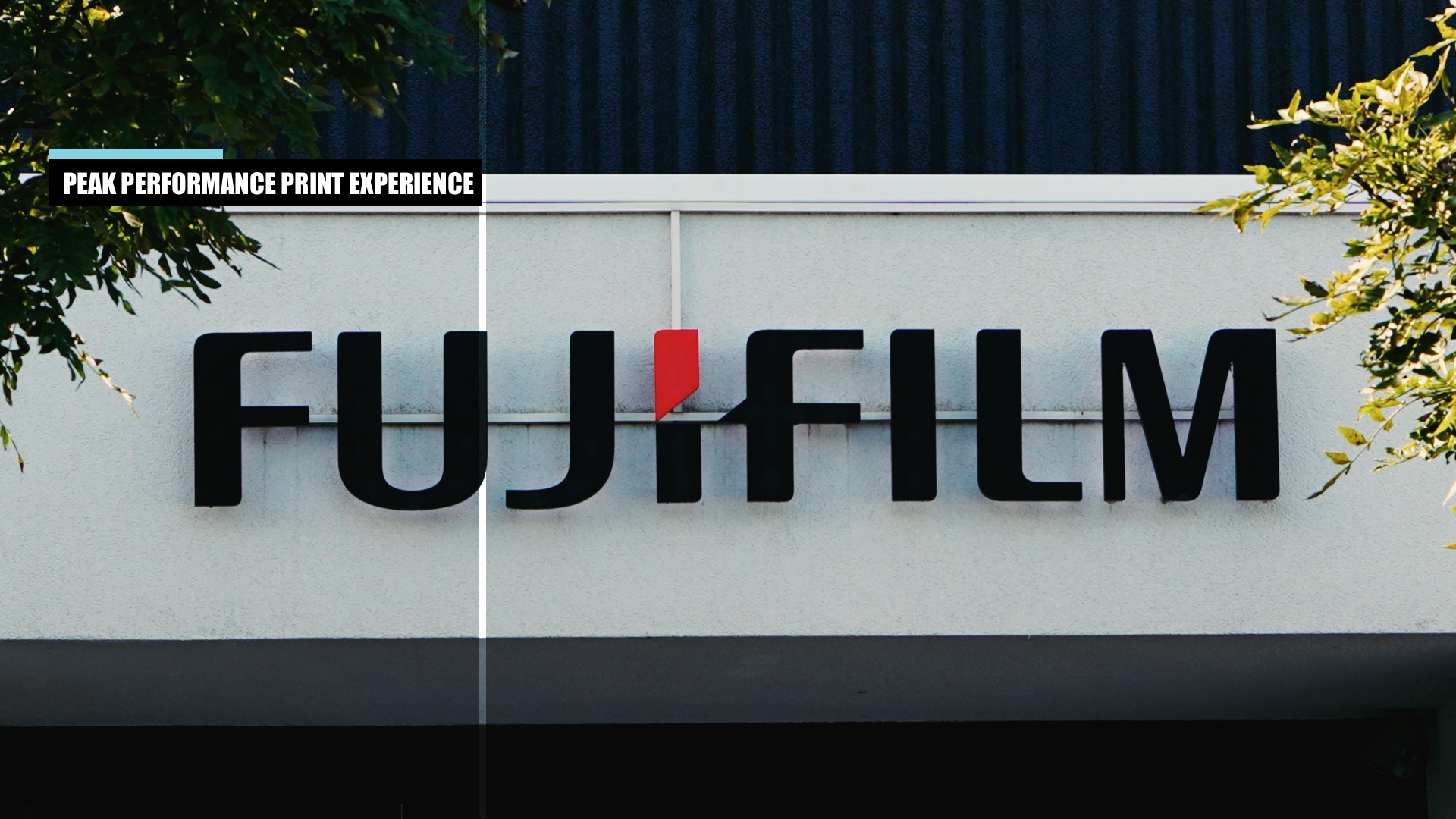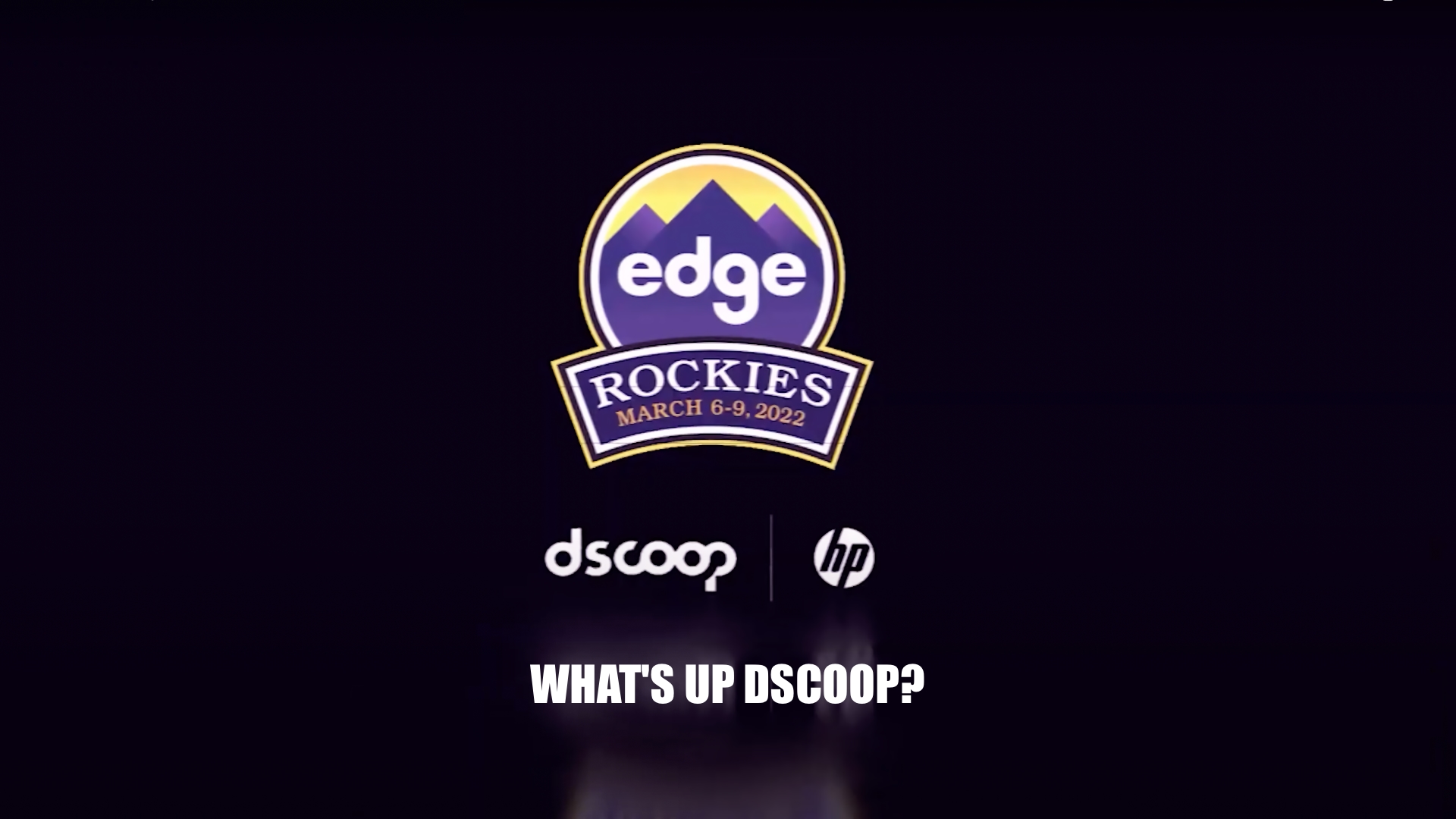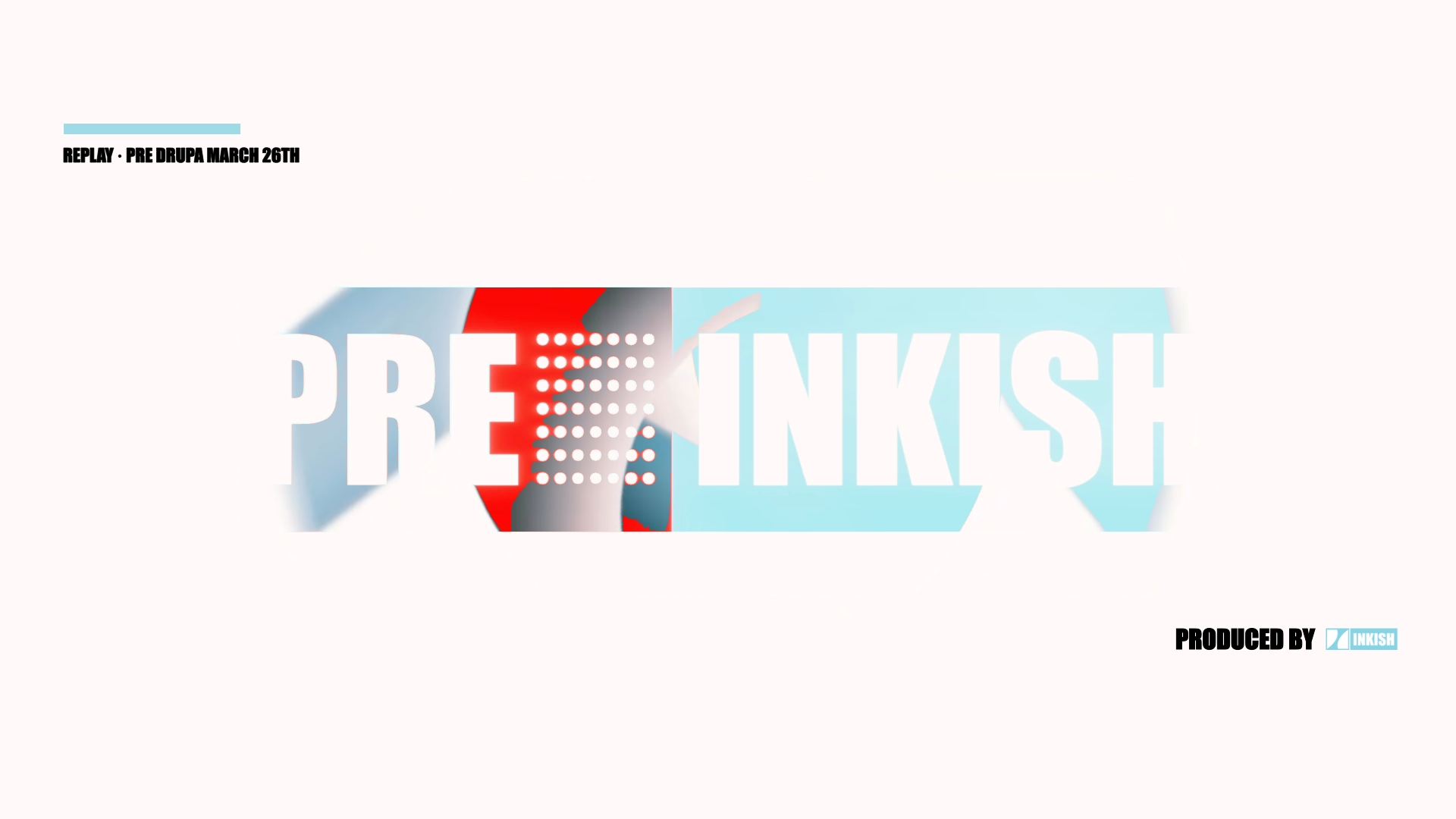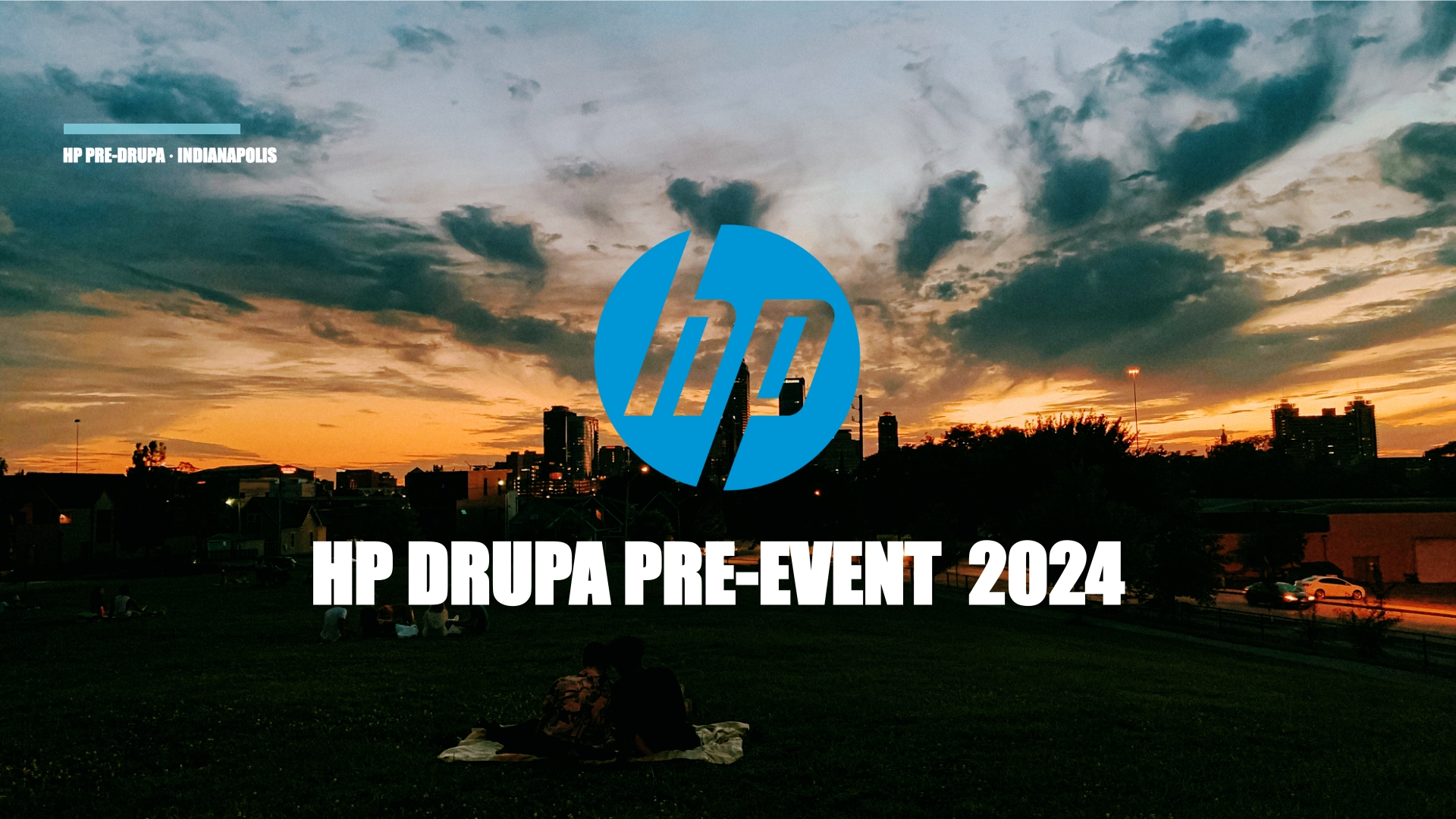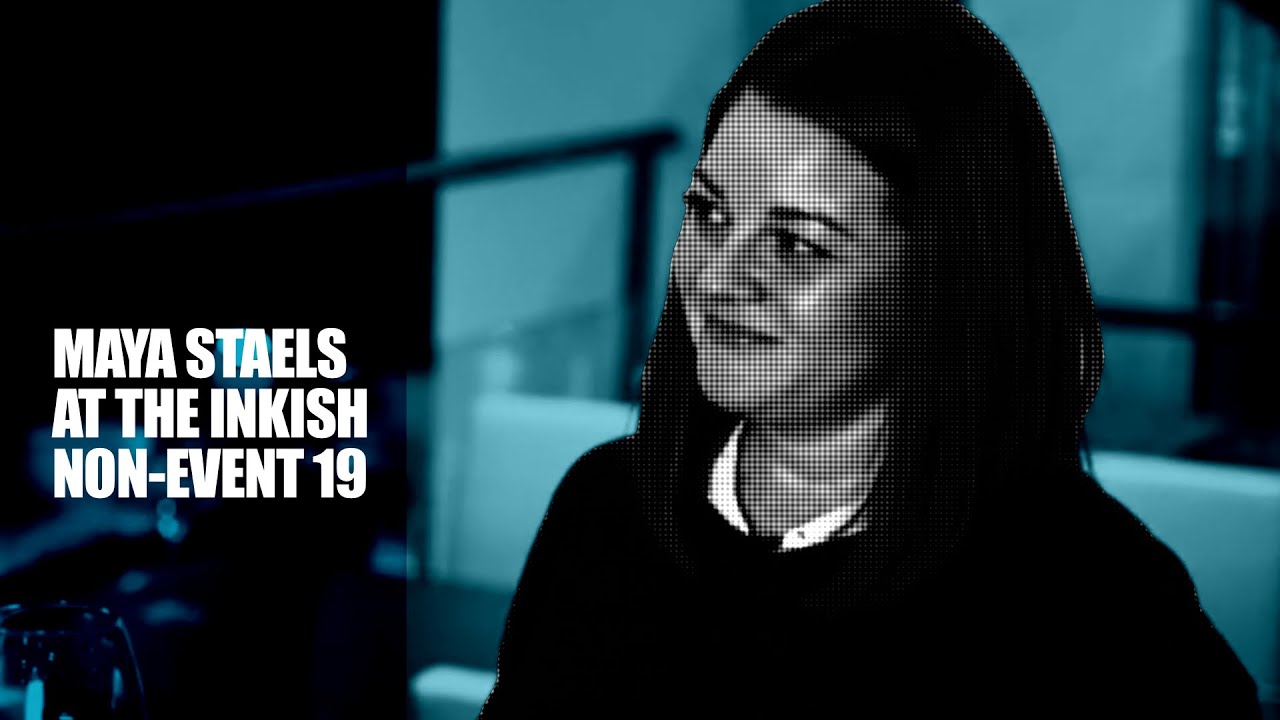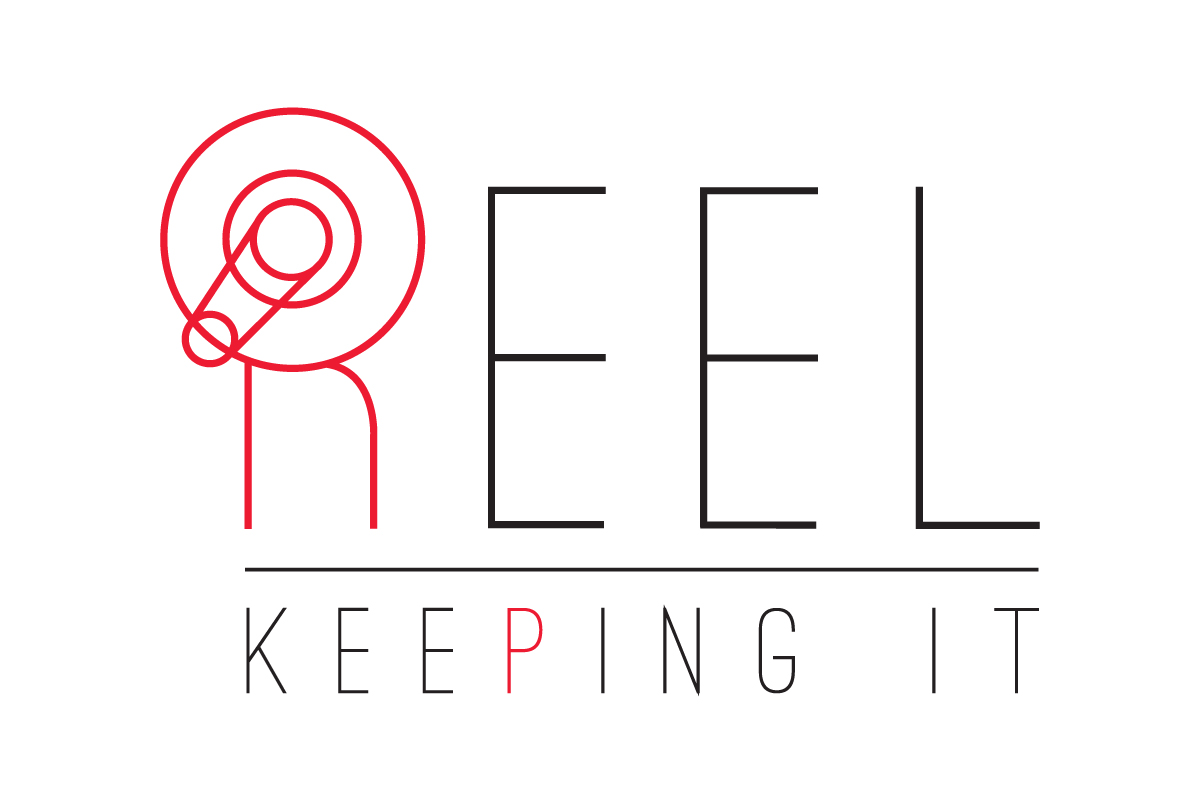Maya Staels at the INKISH NON-EVENT 2019 · Copenhagen
INKISH hosted for the first time ever our NON-EVENT. The Non-event is celebrating the people that have been in front of the camera, or been supporting INKISH during the past years. This is a new recurring event, and the idea is to give space for the people we have featured to connect in a new way. We invited 150 people, and 32 decided to join us. Our guests came from Japan, Canada, USA, UK, Belgium, Sweden, and Denmark – and we are confident that next year, even more, will come.
We asked most of our participants to talk LIVE during the dinner – and here is Maya Staels from Belgium. Maya Staels has worked with PR for many years, and both with established PR-companies, leading to developing her own PR-company. Among the customers from the printing industry, you find Kornit, Memjet, and CHILI publish.
Enjoy!
This is Maya, Maya Staels?
Staels, yes.
She was a little bit nervous about talking to me because basically you always work behind the scenes, right?
Yes, yes. I’m never nervous talking to you, but I am a bit nervous to be in front of the camera. I’m usually operating from the shadows.
You have a PR company.
Yeah.
And you do PR for… You still do for Kornit?
Yes. Yes. I actually do I deliver PR services. It’s a company, but it’s just little me for the moment. I do work with a network of freelancers who are available when needed to, but yeah, I’m lucking out working for some of these amazing casters.
So Kornit and Memjet and…
Chili publish.
Chili publish.
Yeah.
Which is what? One of the reasons why you’re here tonight, I guess.
One of the reasons, yes, yess indeed.
So this is the first time we have a NON-EVENT.
Yeah. And I think it’s amazing that you’re trying to create different synergies between different people in the industry who would otherwise seldom have a chance to meet actually.
And you could meet new clients couldn’t you?
I could, that’s true. But that’s not why I was here.
I know. I know. I’m just kidding. Maya, one of the things and the reason why I wanted to talk to you, is because one of the challenges I always ask some of the CEOs that we interview is how important I believe communication is in the perspective of technology. It might become easier and easier to use because programmers, developers, becomes better and better in developing UIs and complex software that are easy to use. But I still believe that from a communications perspective, it’s a bigger and bigger challenge because people need to get that message across.
Yeah, it’s true.
How do you get… How can you cope with that?
Well, I recently wrote a piece and in that I use the sentence that software needs, works only for people if it understands people and-
Okay so you take the peoples’ perspective on software.
I think you have to because you can create the easiest user interface that you’d like, but it all depends on the user experience. If the user is using your software and he thinks, ‘this isn’t working for me’, then you’re doing something wrong. Either you did a malfunction in the design or you communicated in the wrong way. And I think a lot of the technology companies out there need help with messaging and trying to put into late terms what their developers are trying to bring across. And for a lot of companies, that’s sometimes a huge barrier to face. So we try to help.
And I think you do a brilliant job.
Thank you.
First of all, I want to say that, because I think, as I said when we had dinner, I said that I think that you get so involved in your clients that you sometimes forget that you’re not actually an employee with that company. Right?
Yeah.
And I think that gives you a really high level of credibility when you’re talking to me for like our and ourself and other media. I think that they will agree with you on that one. Is that something that you have decided to do or it’s just something that happens because of your personality and things like that?
I fear it’s a bit inherent to my personality.
You shouldn’t be afraid of admitting that.
But no, I tend to be a very committed person. I find it very difficult to commit myself to a company that I don’t fully support or believe in or trust actually because it all comes down to trust. In the end, you are establishing a reputation for yourself. So am I. If we respect each other’s reputation and what we’re trying to establish, I think that can only be done if there’s a mutual level of commitment and trust involved. So yes.
I like that approach, but are you able to, because if you are working with PR, for example, CHILI publishing, I guess that you have to talk to maybe not hundreds of media, but a lot of media, are you capable of building that relationship with so many different, meet you in order to, because I understand that you do it because of your personality, so it’s not a game you play. Totally understand that, but I’m just saying that if you, if that’s so deep in your roots that you do that it must cost something of you as a person.
You still have to be pragmatic about it after all. In the end, you’re running a business, so as you’re a customer, if it’s all about emotion-
So you want clear mind bout that.
Yeah. You have to keep things separate, but nonetheless, if I don’t feel a commitment, I don’t enter into the business agreement. It’s as simple as that. For each company, I try to devise a tailored communication plan so you can’t do right by each company. For every journalist can’t do that. It’s impossible. So you pick what you believe to be the best matches…
So you get the best spread and the best story told and the best communication.
Well, I would hope that that would be the effect on the strategy, but that is the goal in the end.
But I mean when the day is over that is how you measure this as a supplier to one of your clients. Right?
I would try to do so yes indeed, because you can’t do everything for everybody. You have to pick your battles and pick your wars and see which victories you can get out of it and preferably the ones that’ll be of the best interest to your customer really.
When we decided to do this, none of it was an actually, many different purposes but one of the reasons was we wanted to be part of our branding. That we share also our network and they be able to have this human interaction. I think we have managed that in the first event.
Absolutely. This is, we talked about it at the table as well. This is amazing. We didn’t know each other. We’ve all been in the industry for each, every one of us, 10 years plus. We’re counting in Rubles for crying out loud.
Yeah that’s Rubles we’re talking about. That’s it. That’s the measurement.
That’s the industry standard. How many Ruples do you have on your, yeah…. Me too.
We won’t tell them.
No, no. I’m fine with that. No, I’m fine with that. But indeed, and we’ve, most of the people at the table, I never met in person, so the funny thing is we start talking about kids and pets and it started here in the sofa with everybody showing pictures of their pets.
Does that bring value you to?
I think it does because it’s a conversation opener and you get to meet people on a personal level as well. And as in communication and sales, in the end, it’s all about ROI and KPIs and hardcore sales, but it’s also about getting along with the people that you’re entering in a business agreement with and I think that’s, for this, the value is immense. I found out so much things.
Will I see you next NON-EVENT event?
I hope so. Where will it be?
Here.
Wonderful.
We need to do it here.
I need an excuse to come back anyway, so that’s fine. It’s a deal. Thank you so much for your time.





















